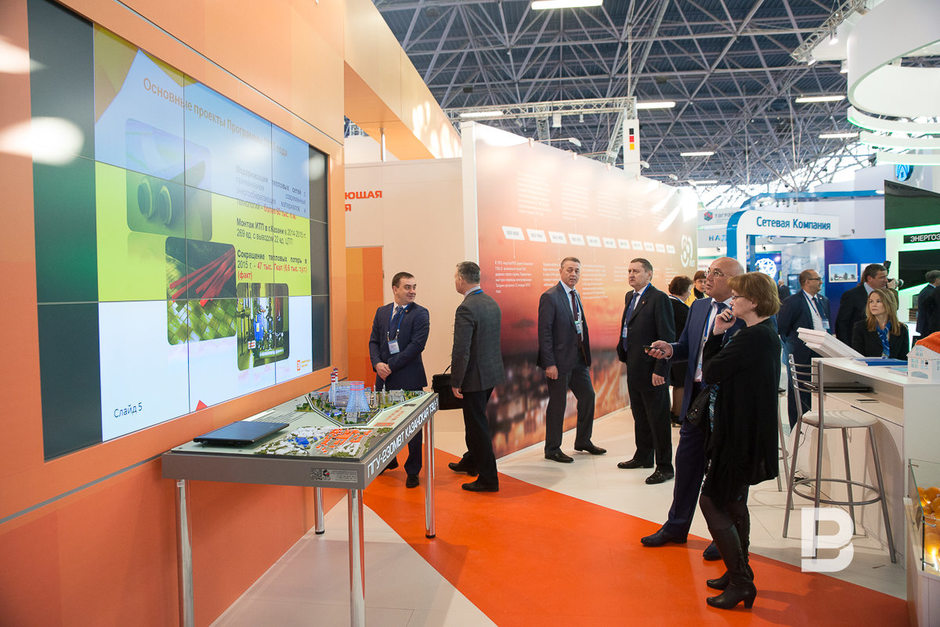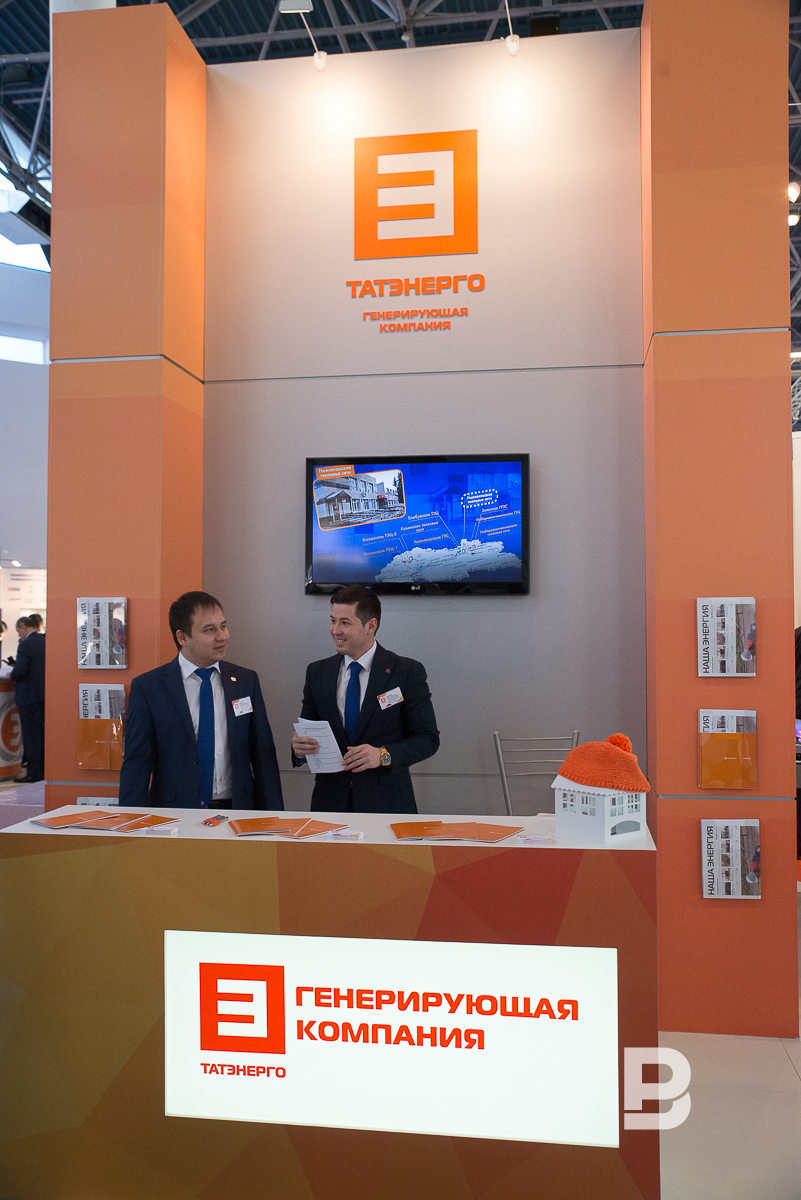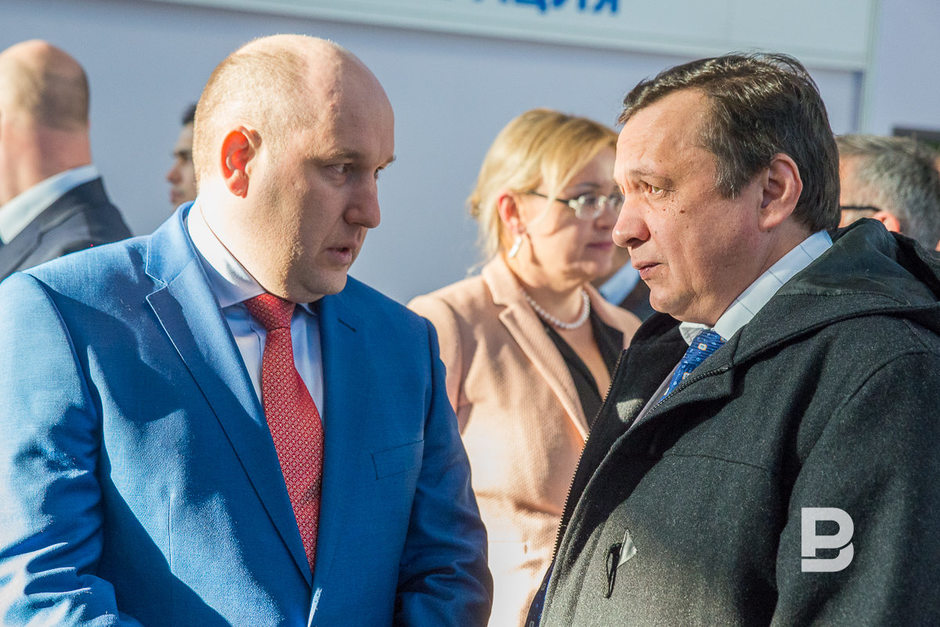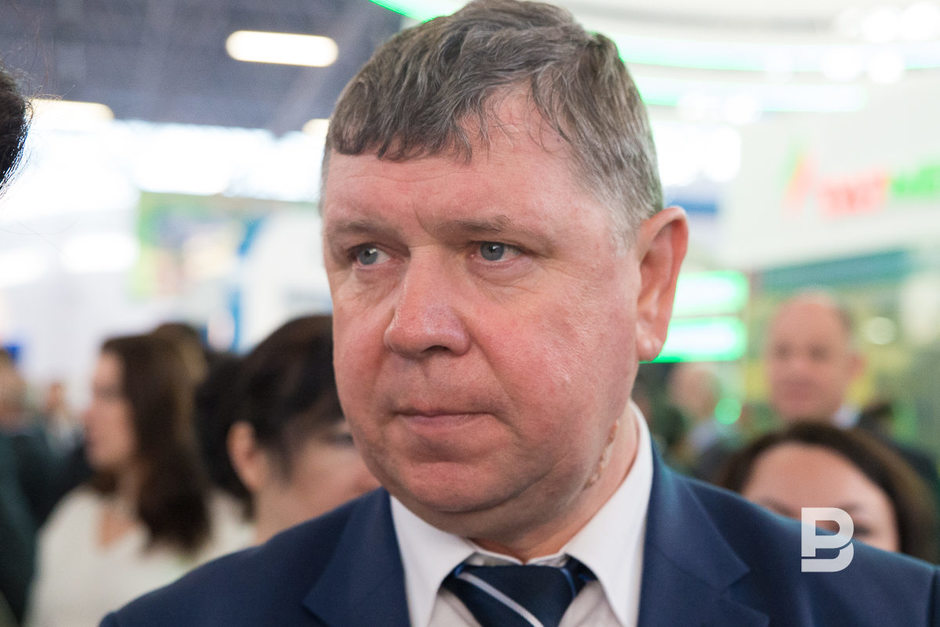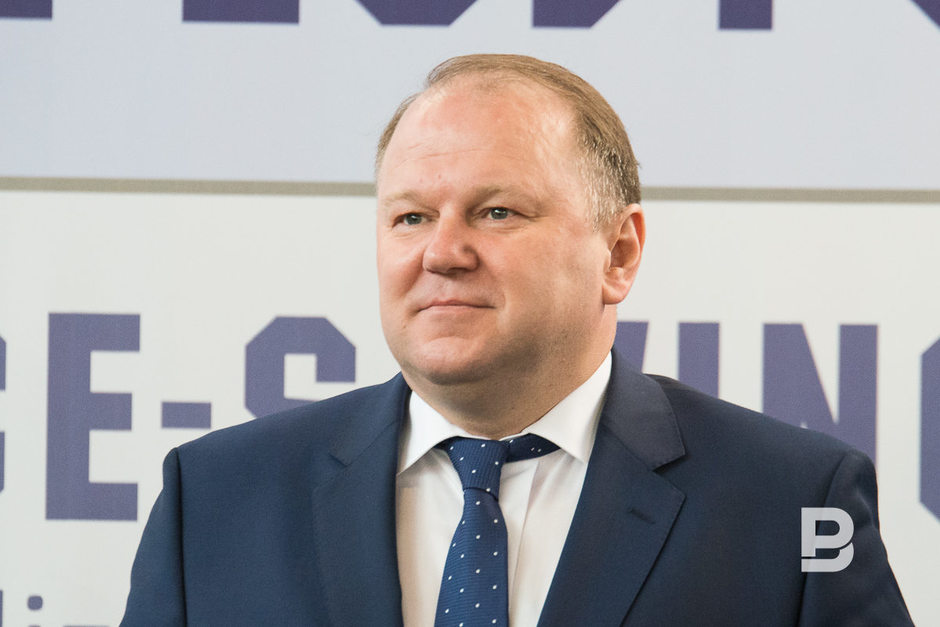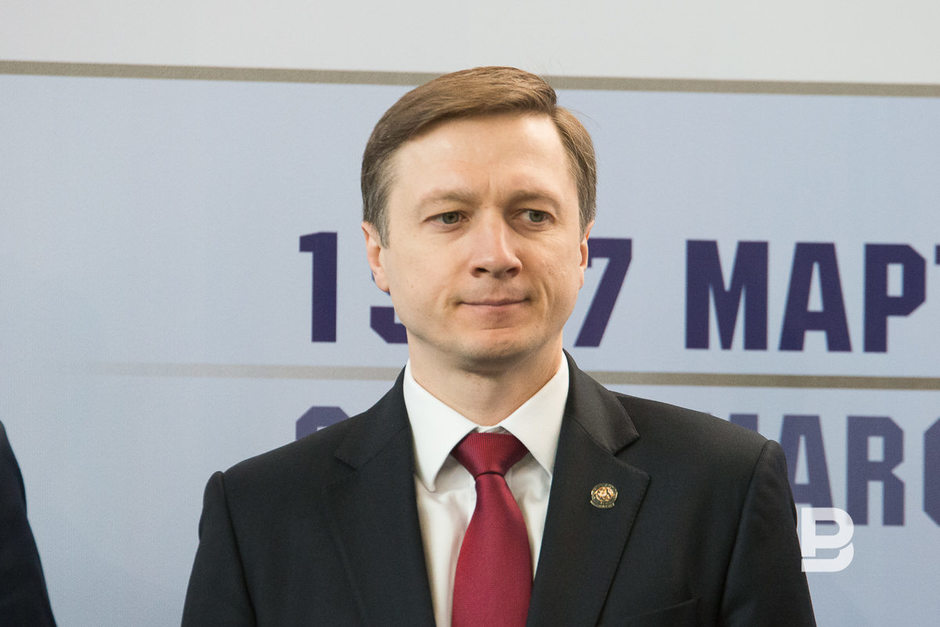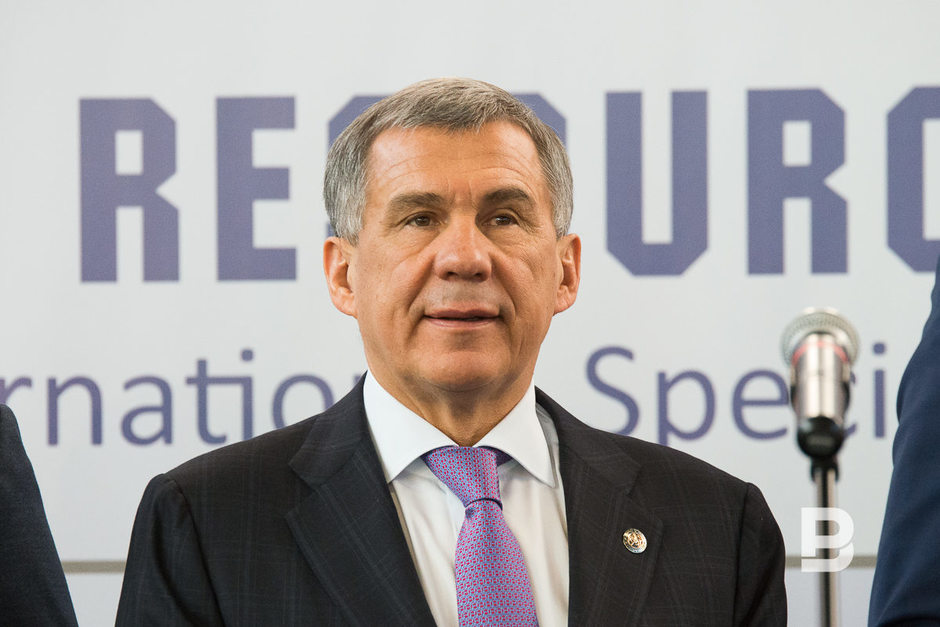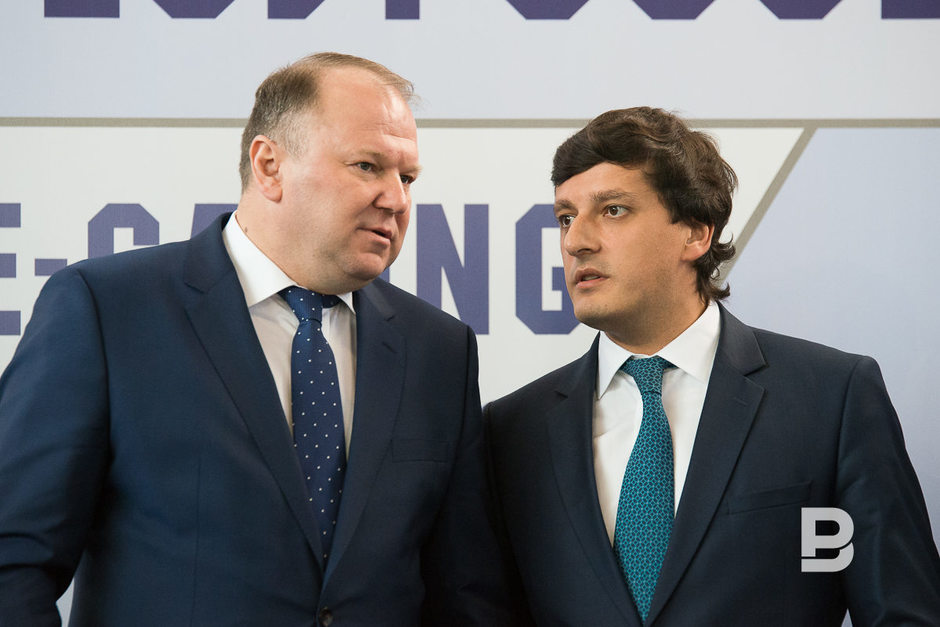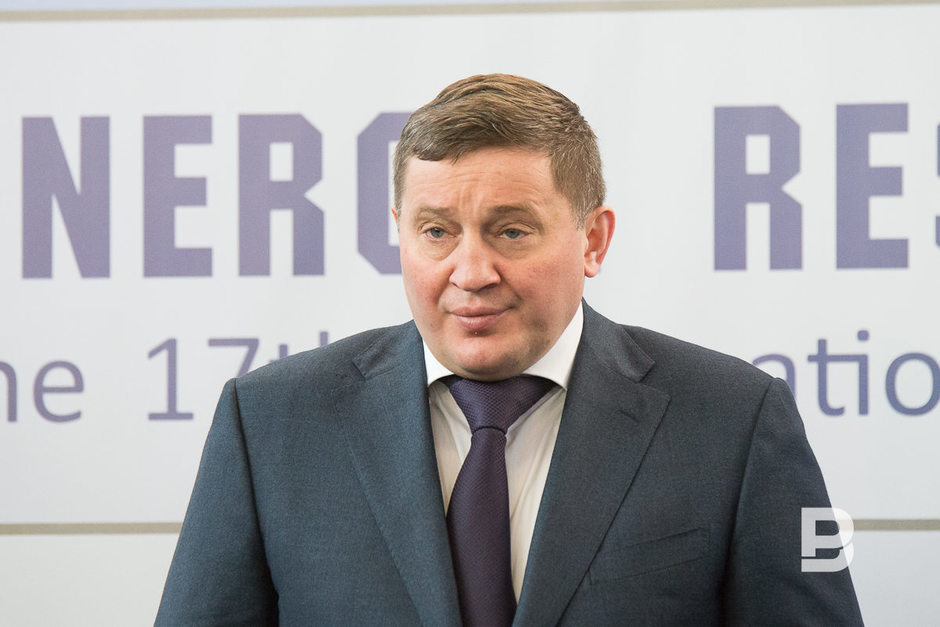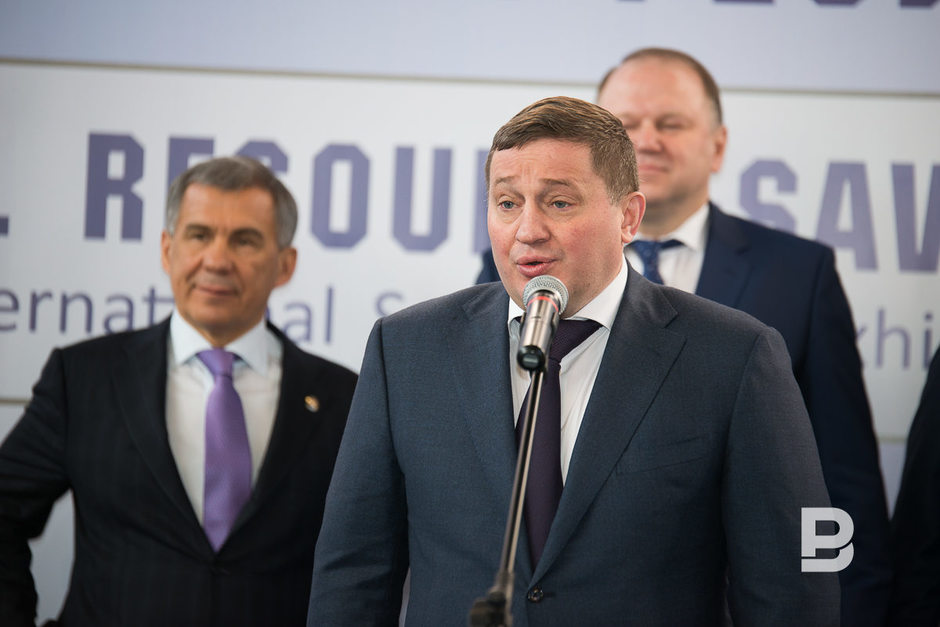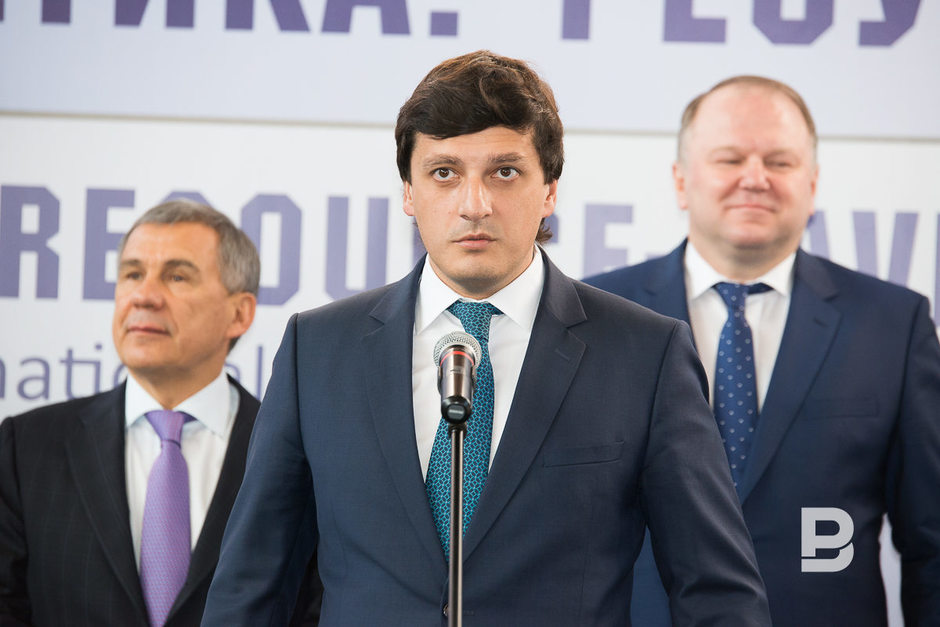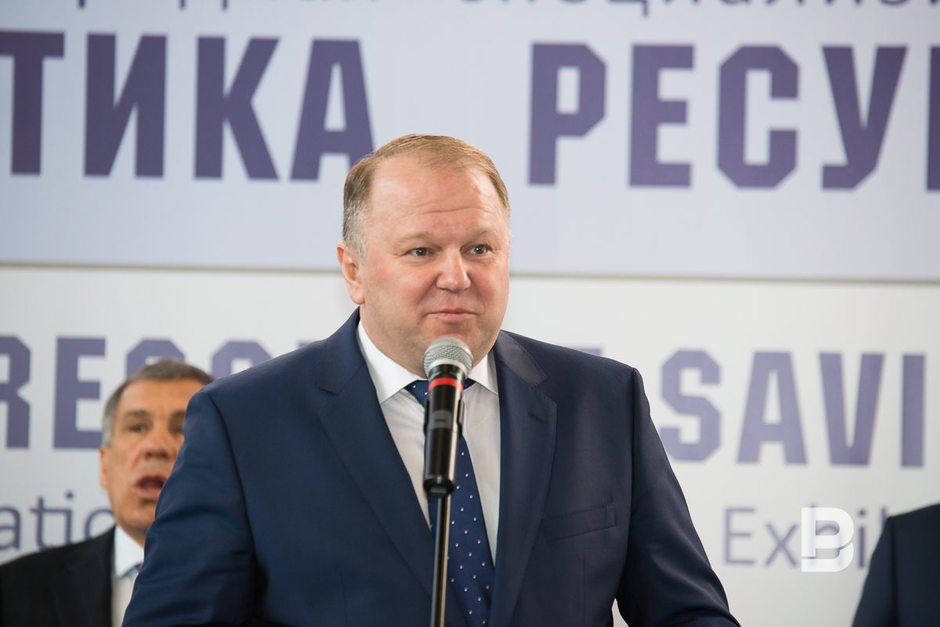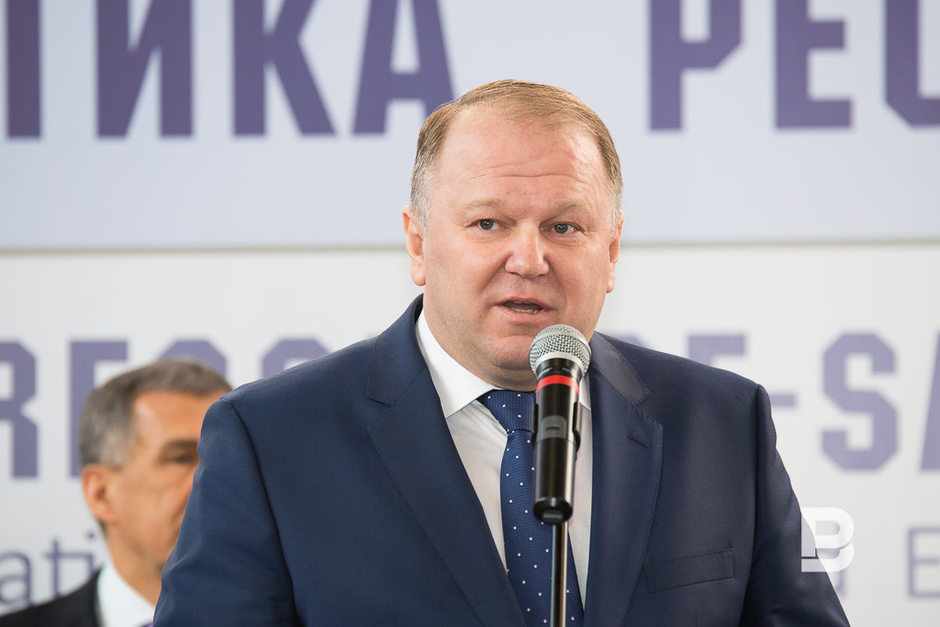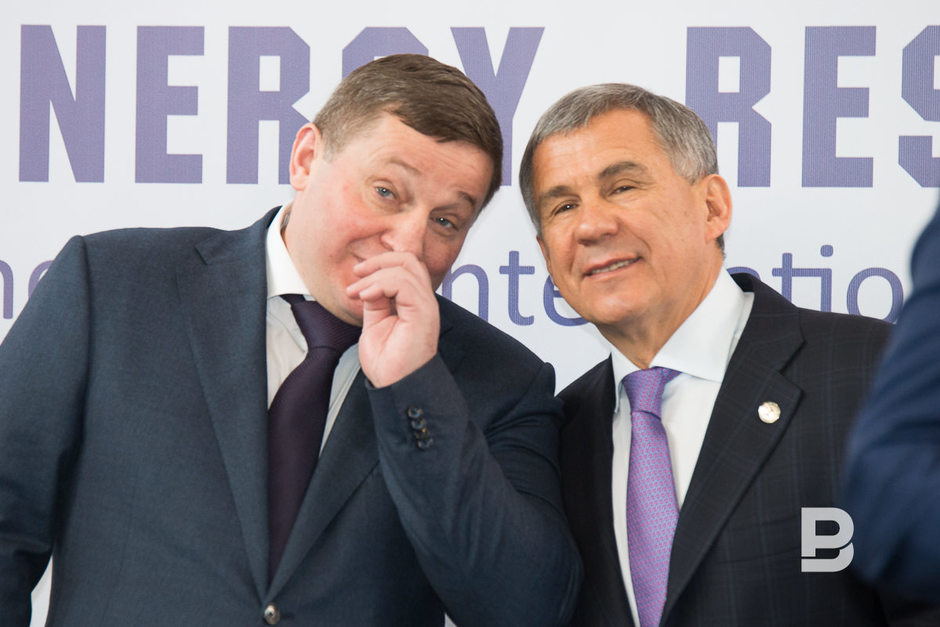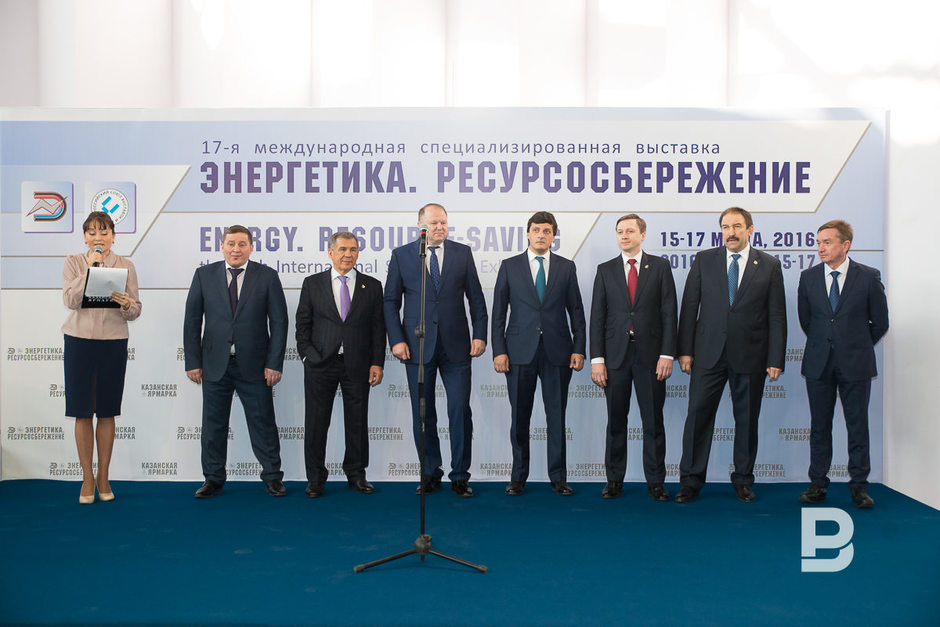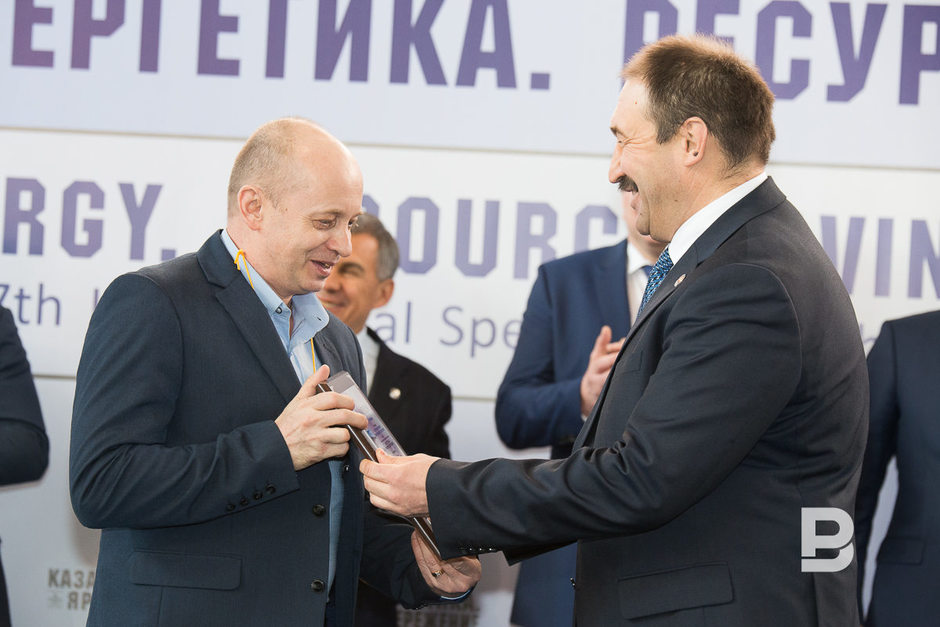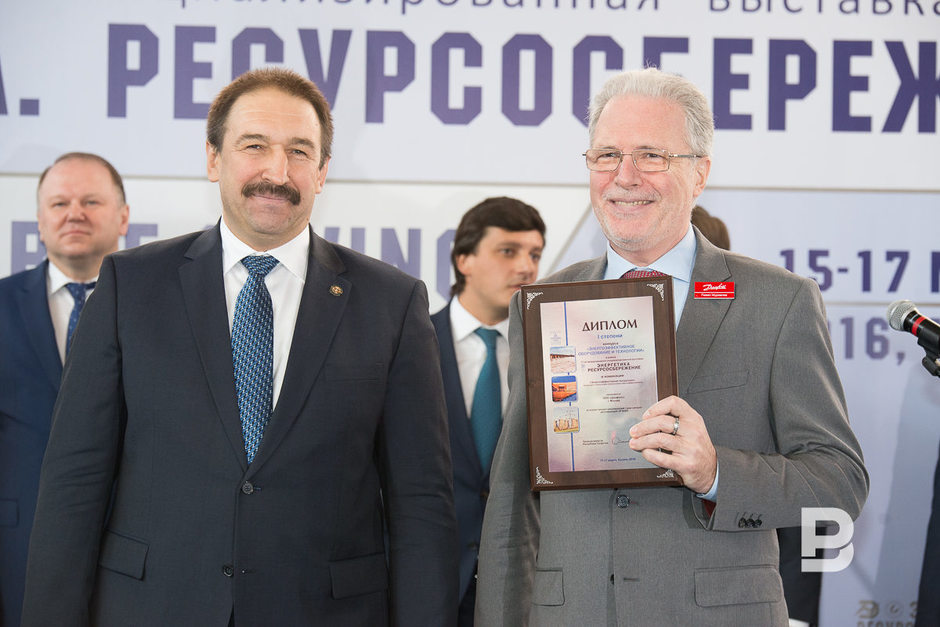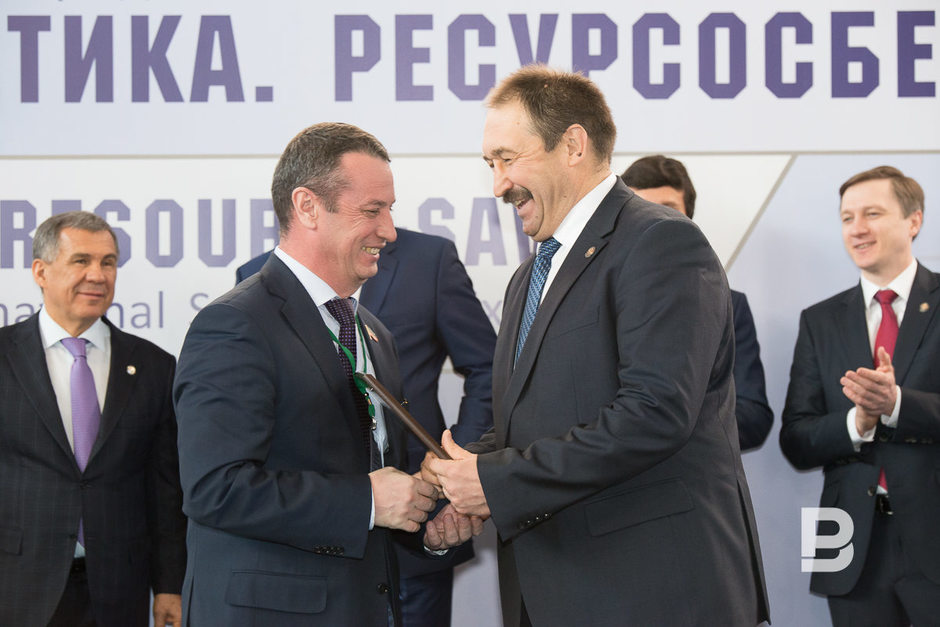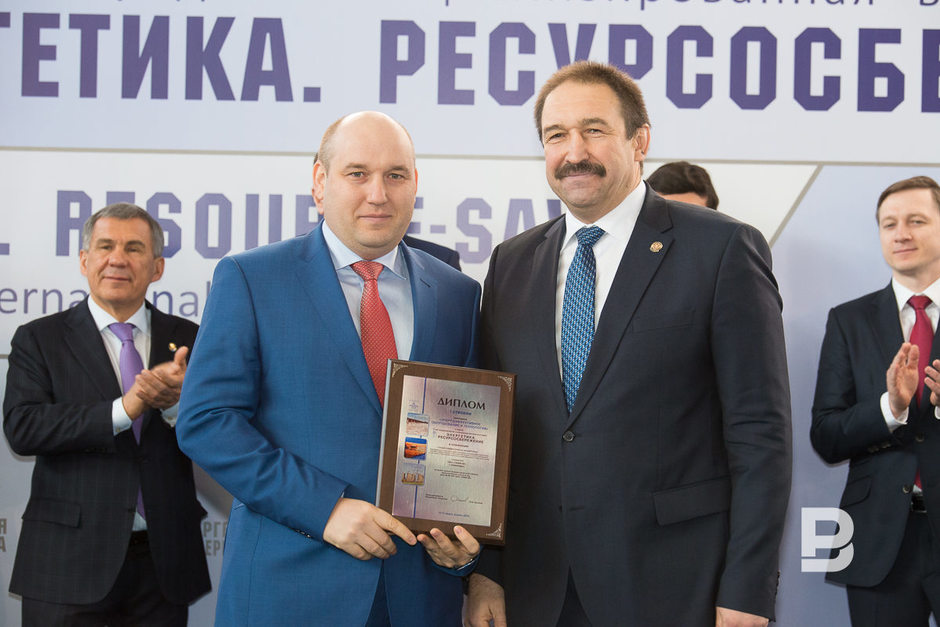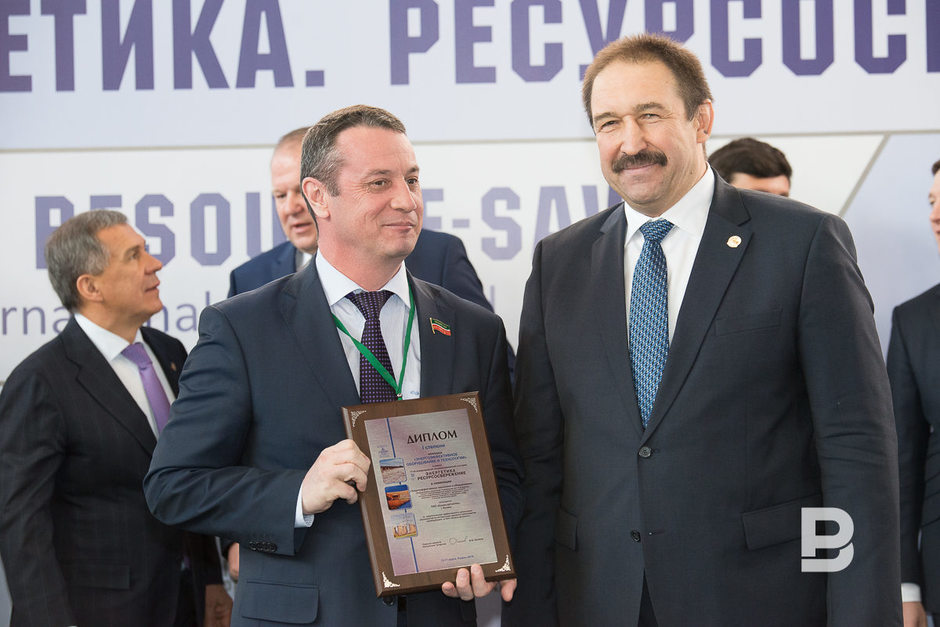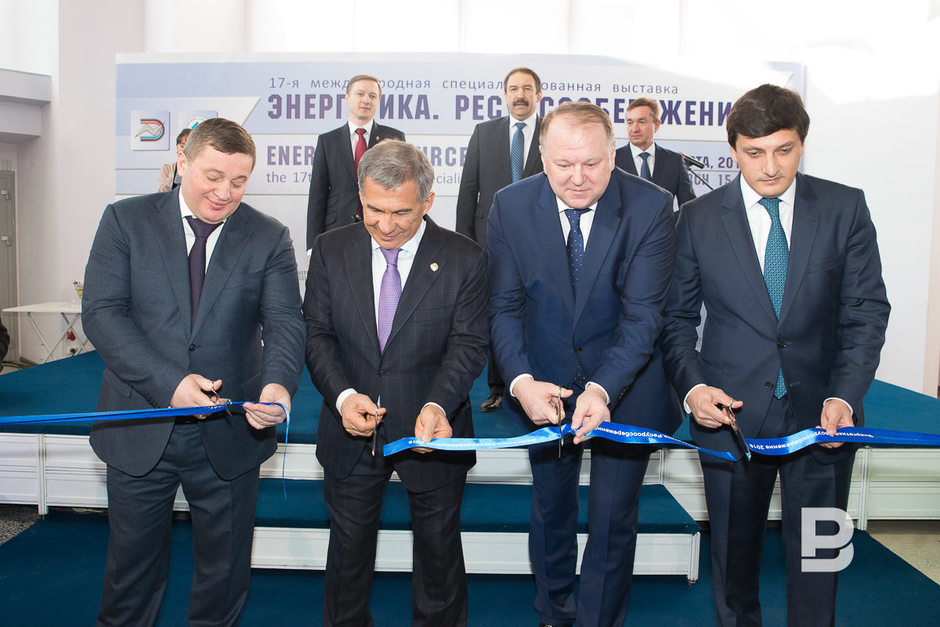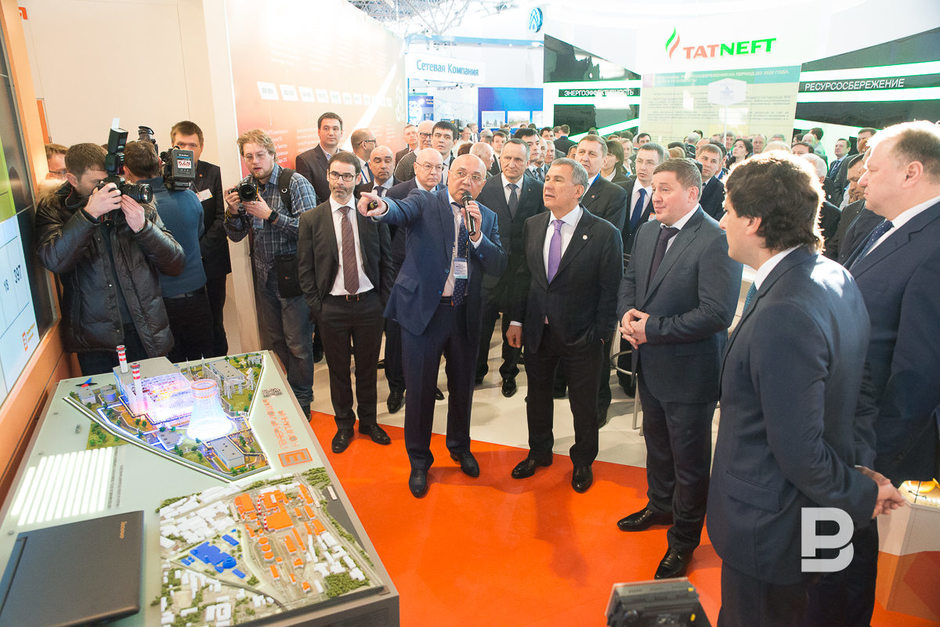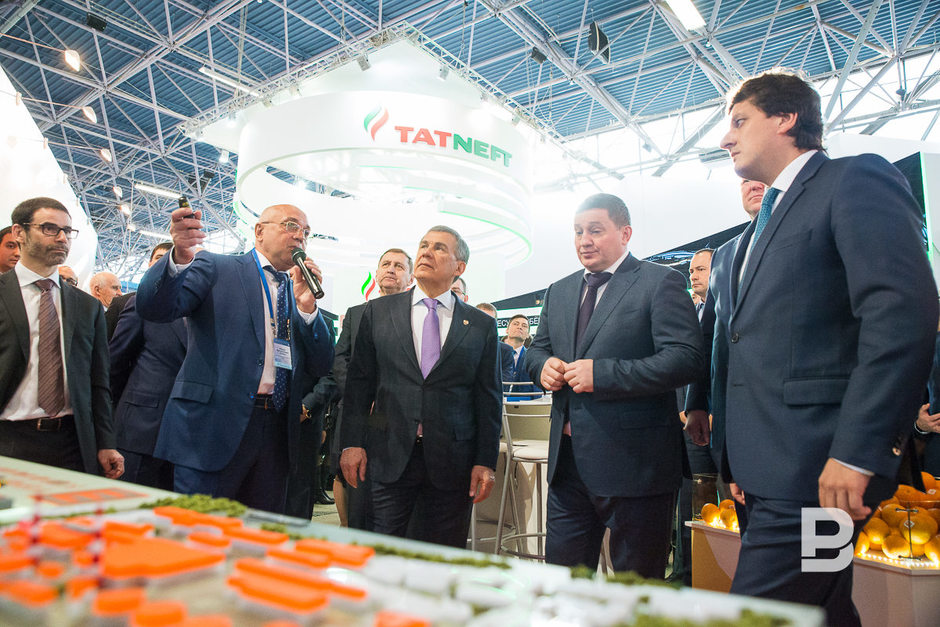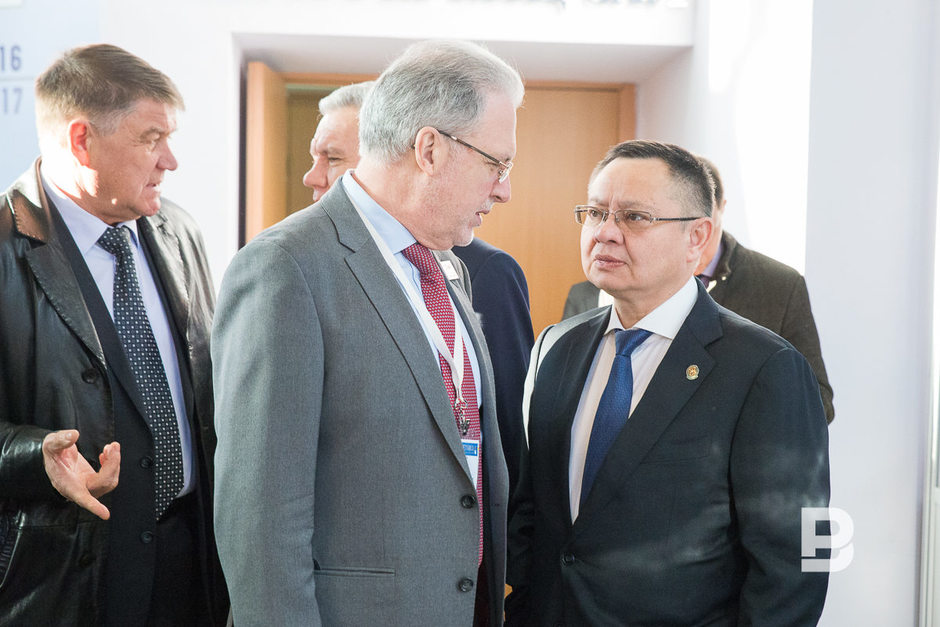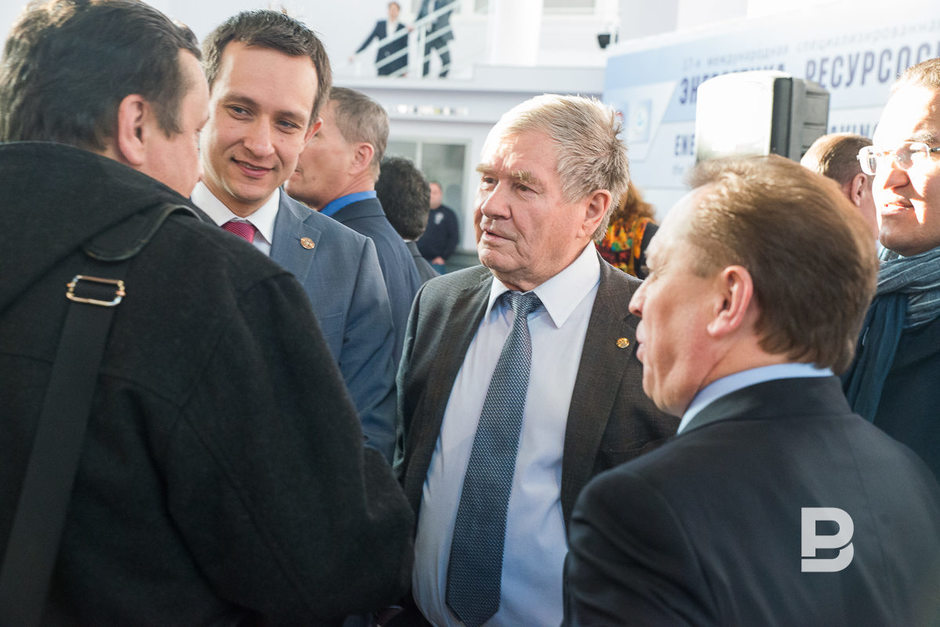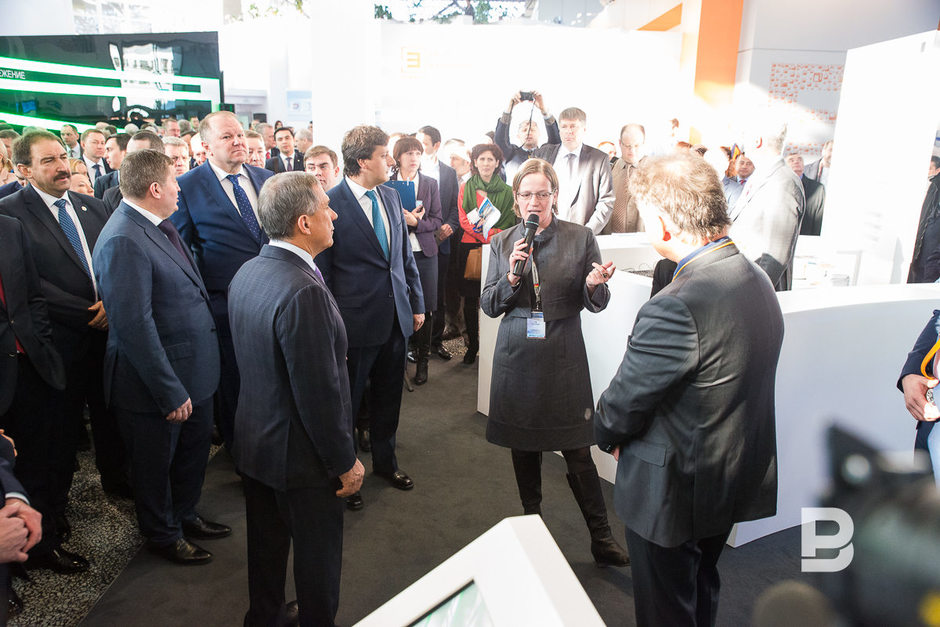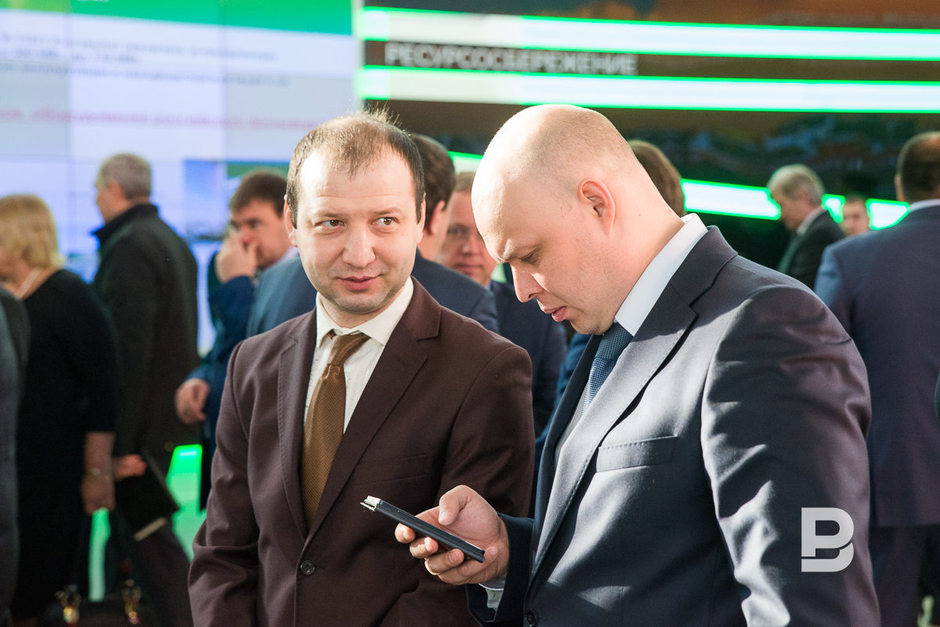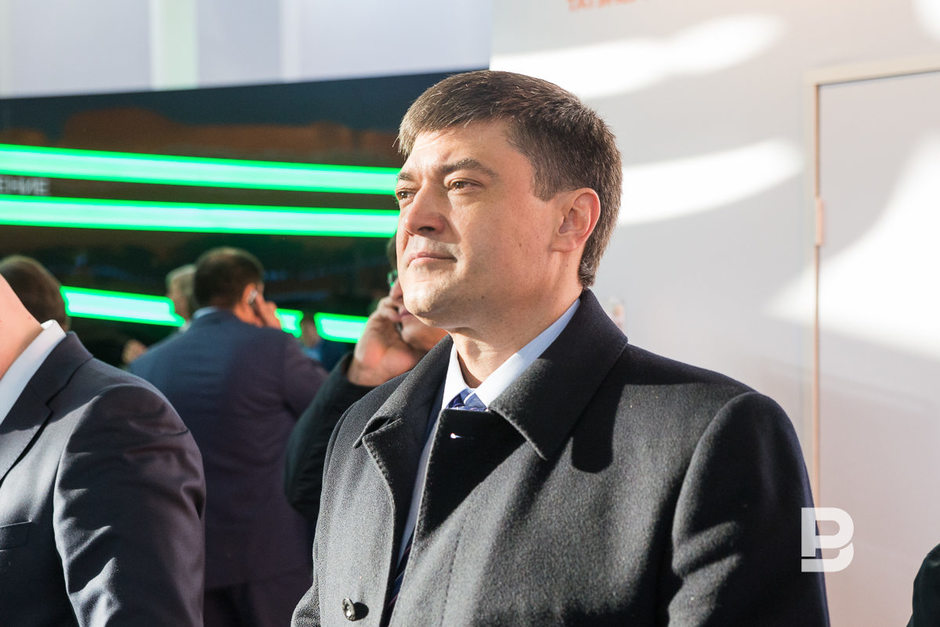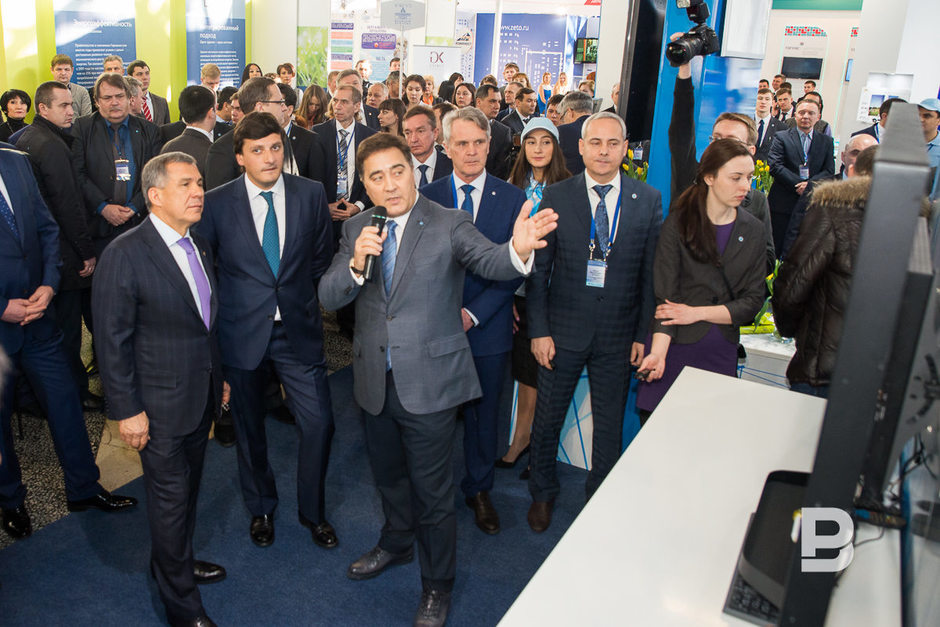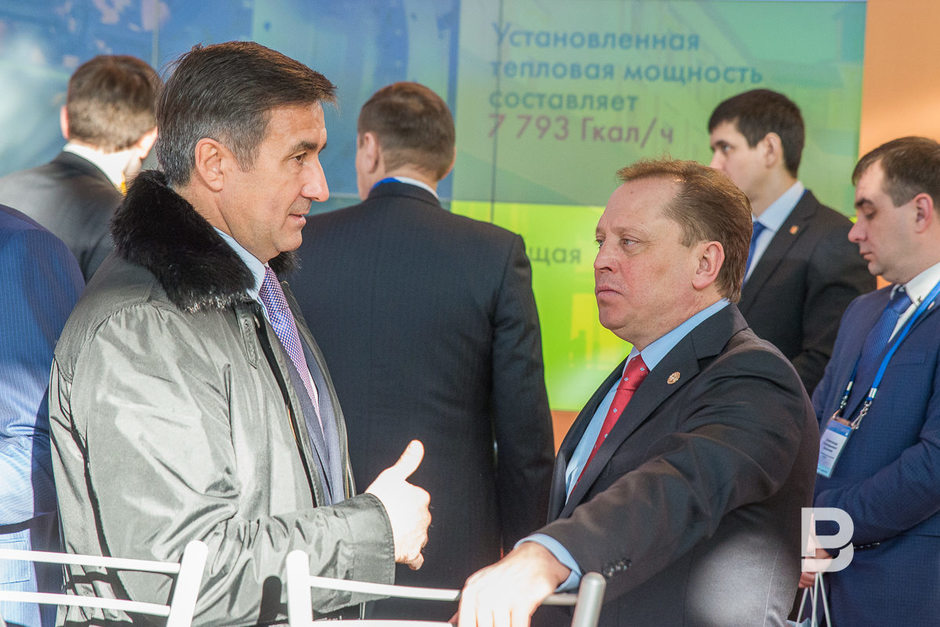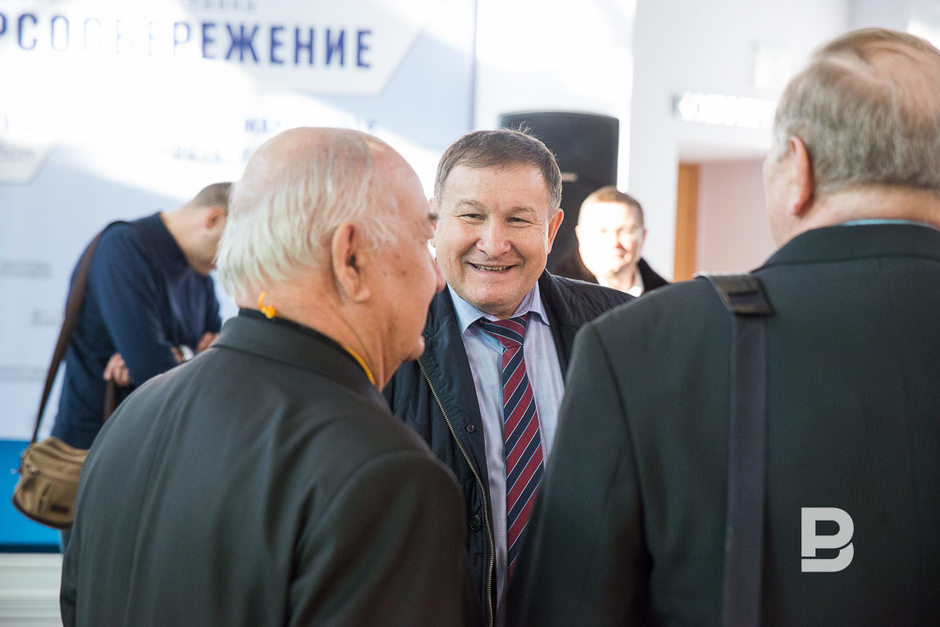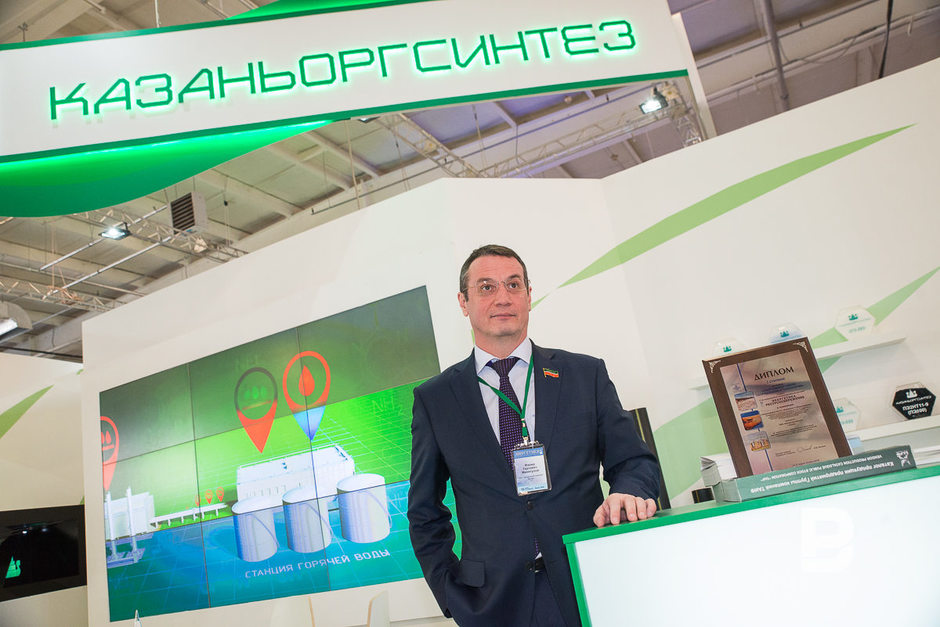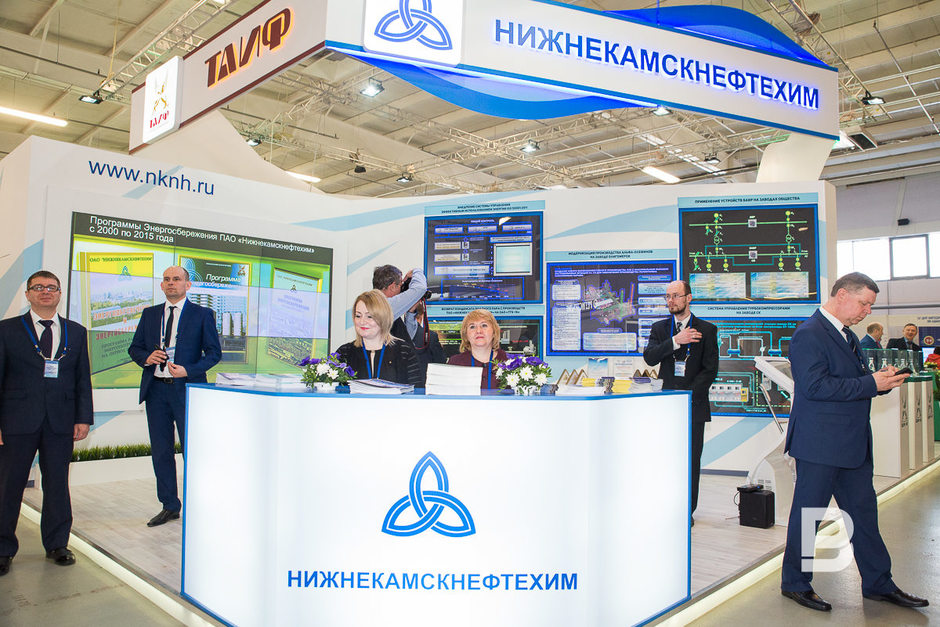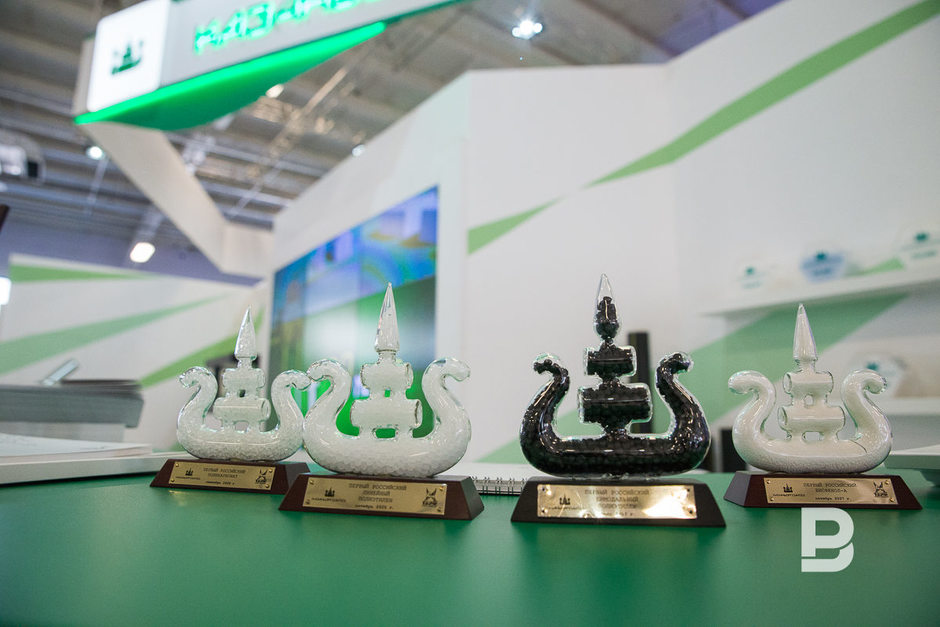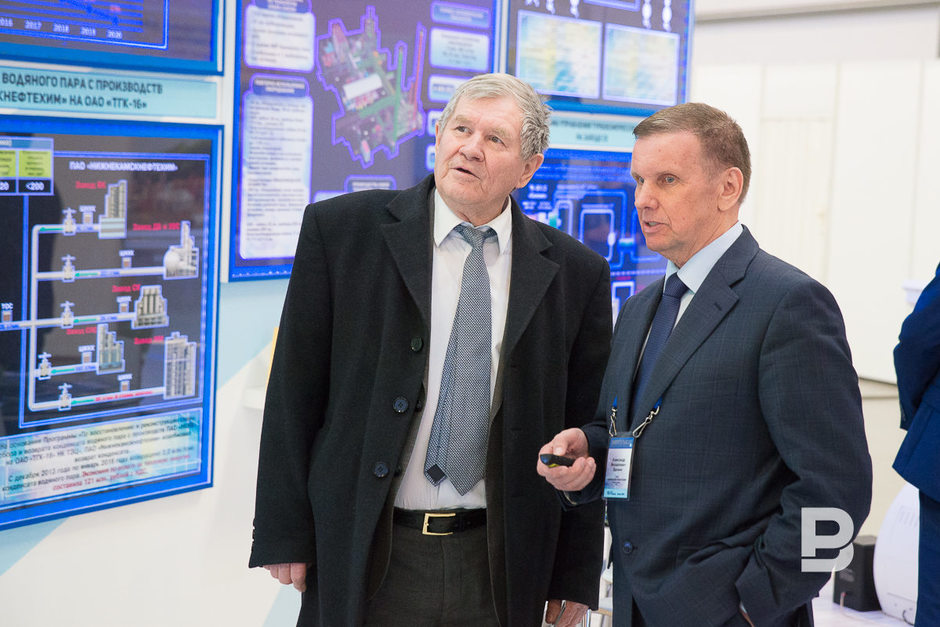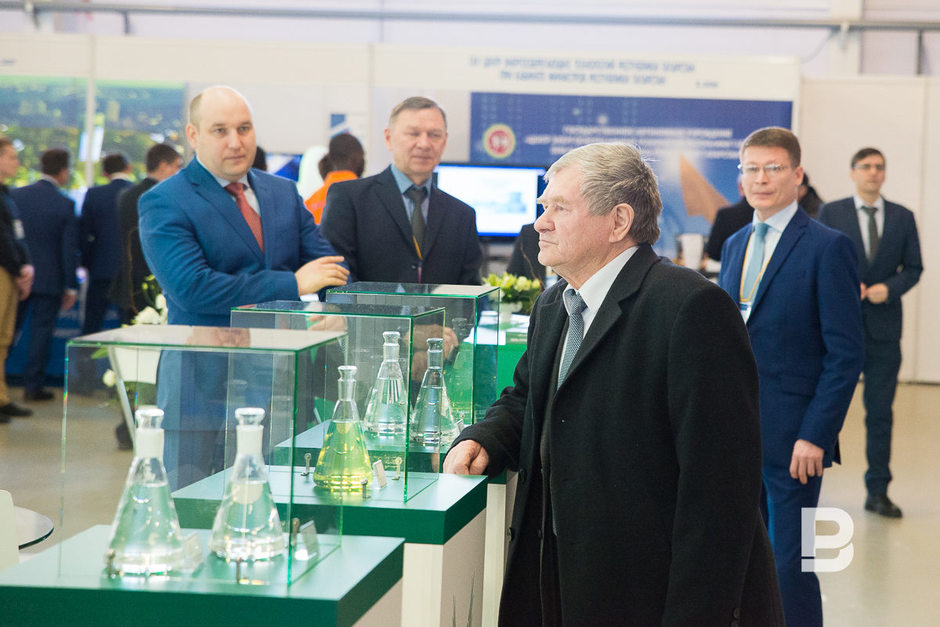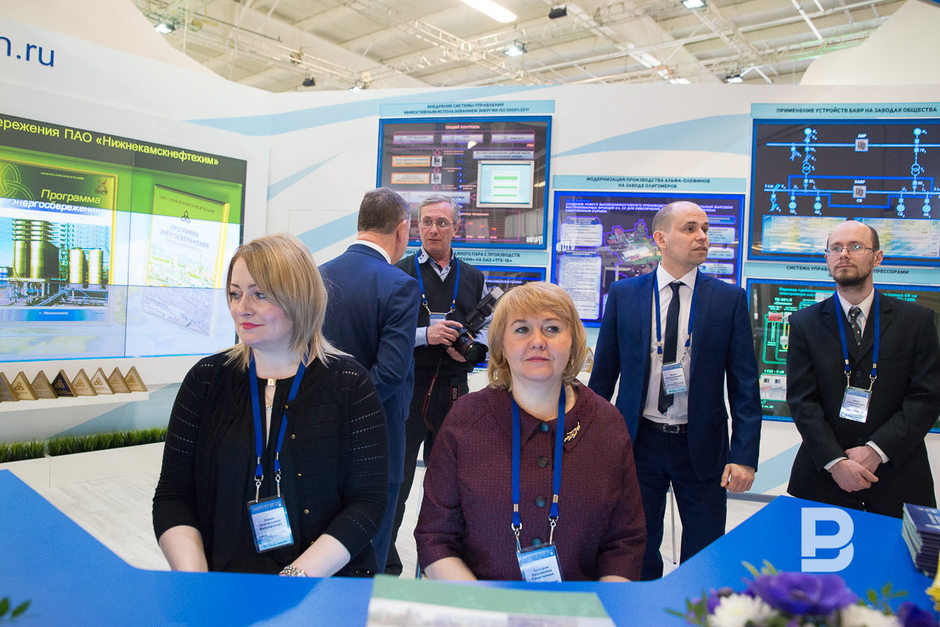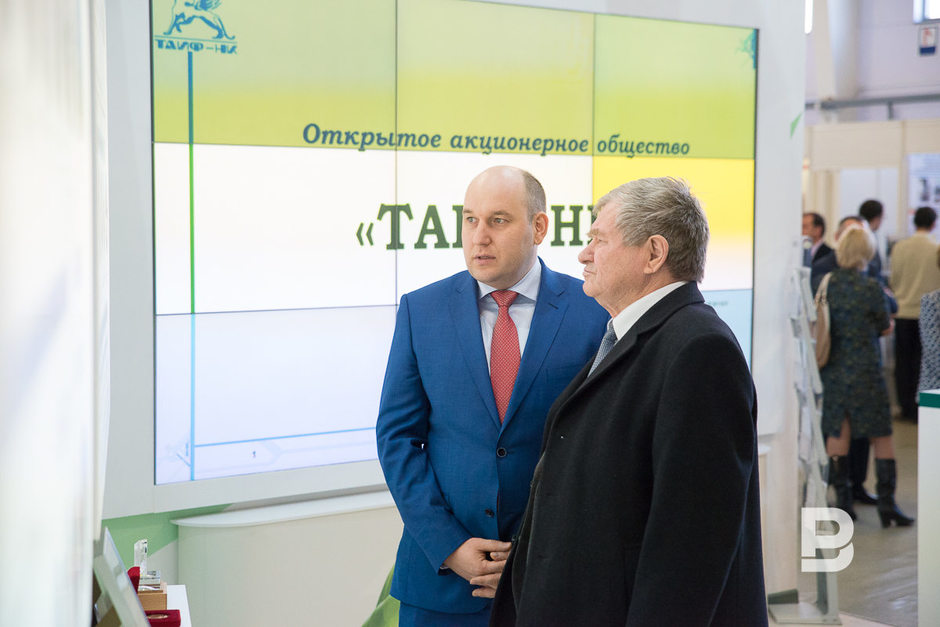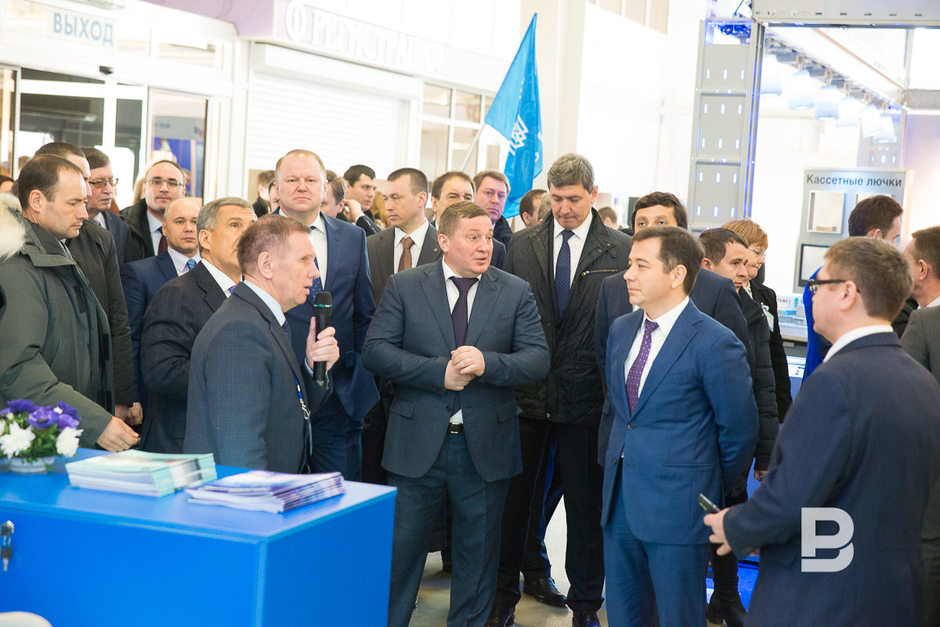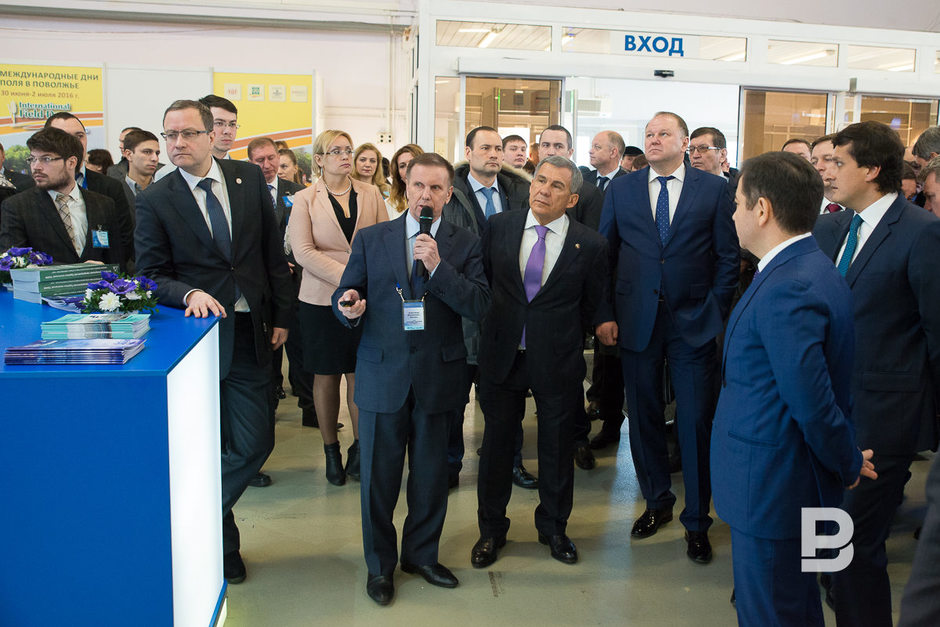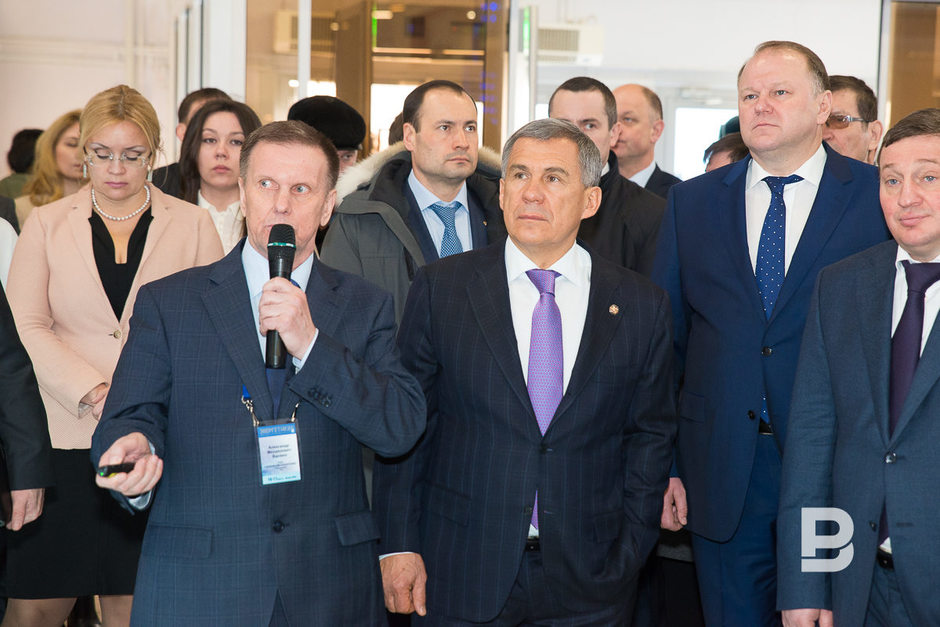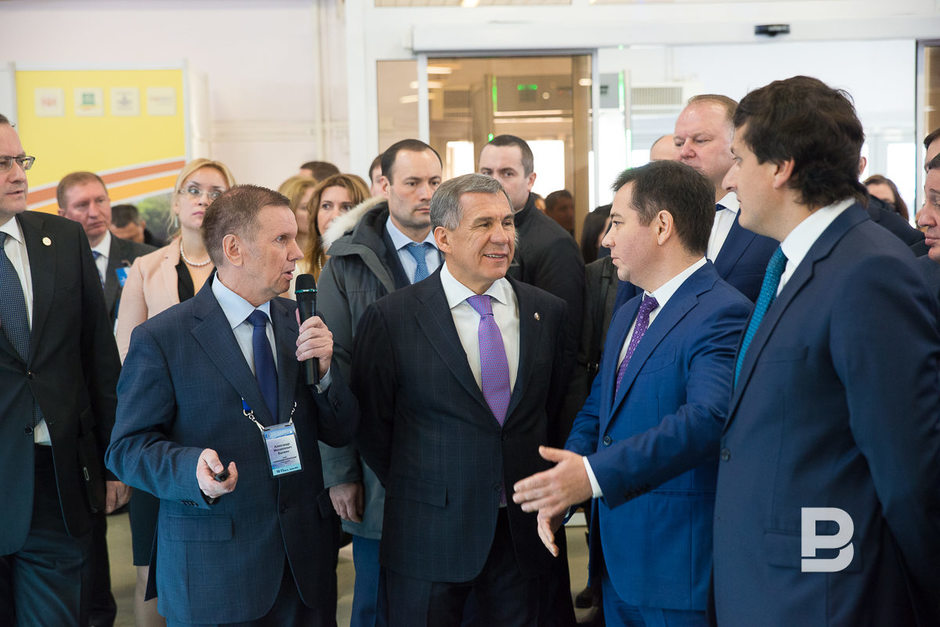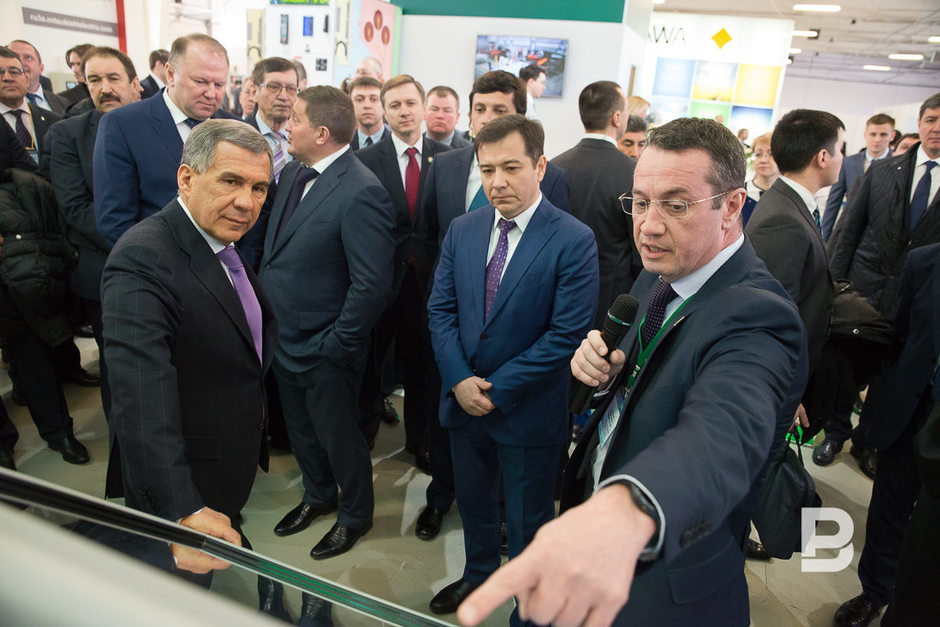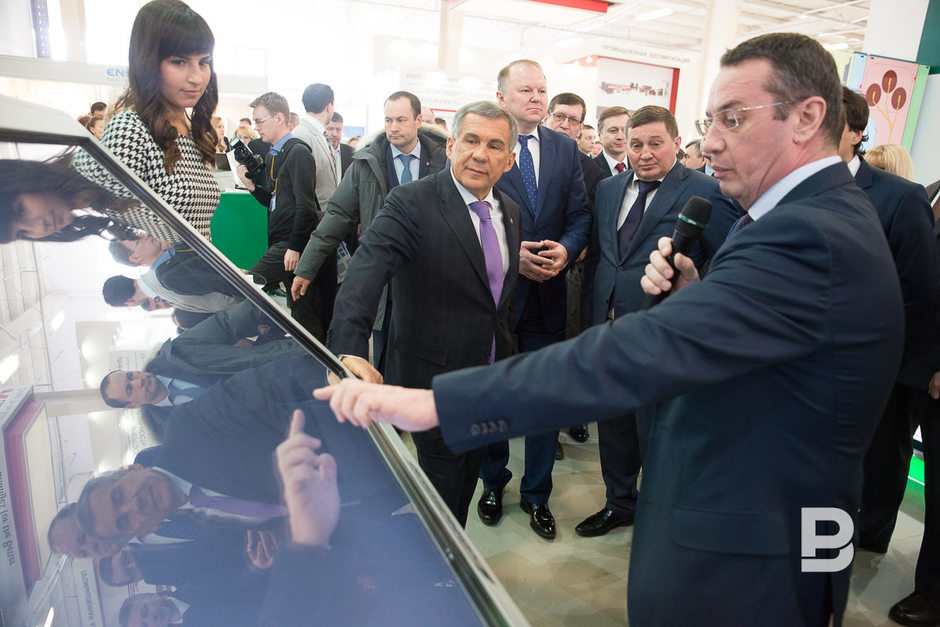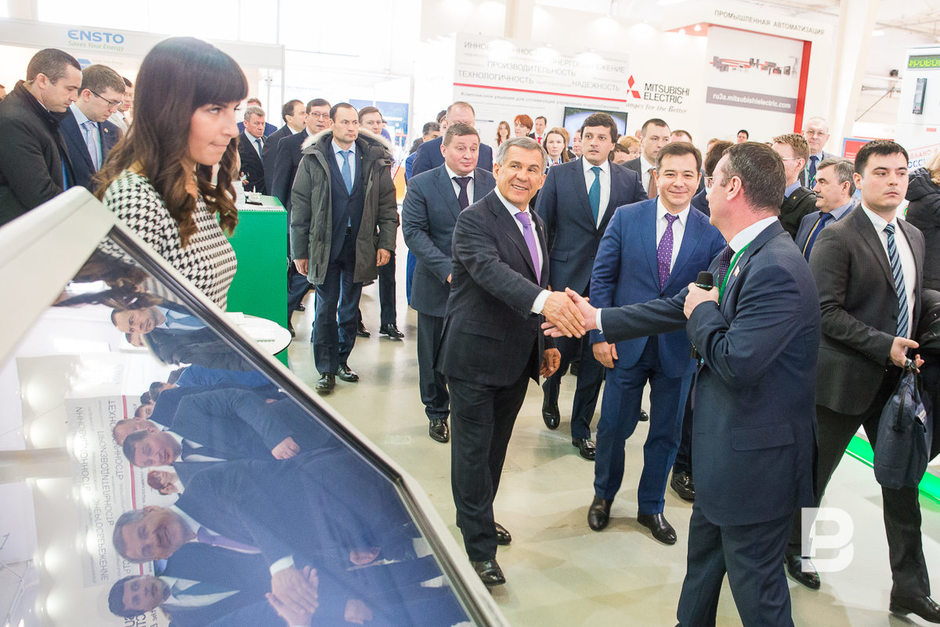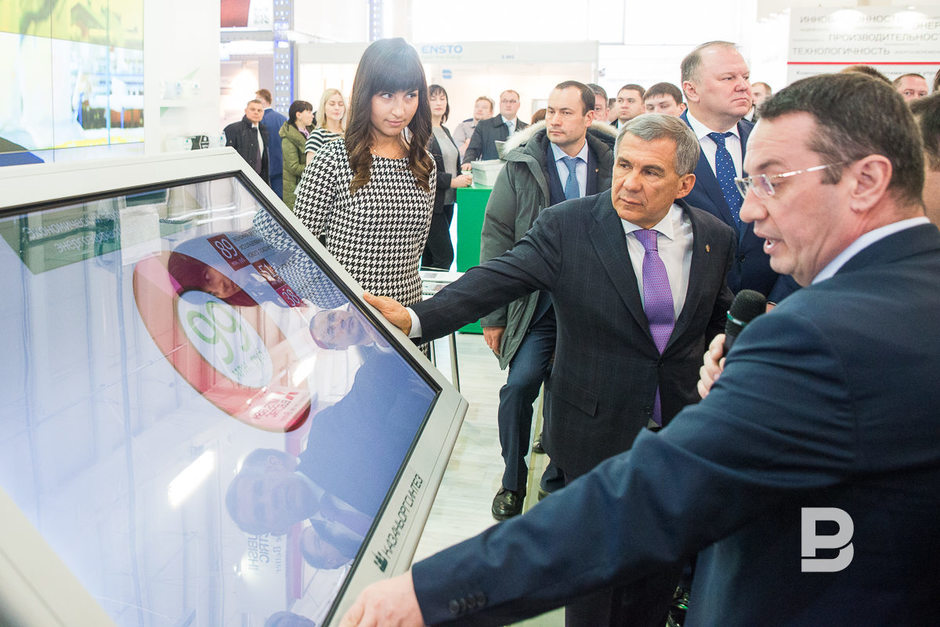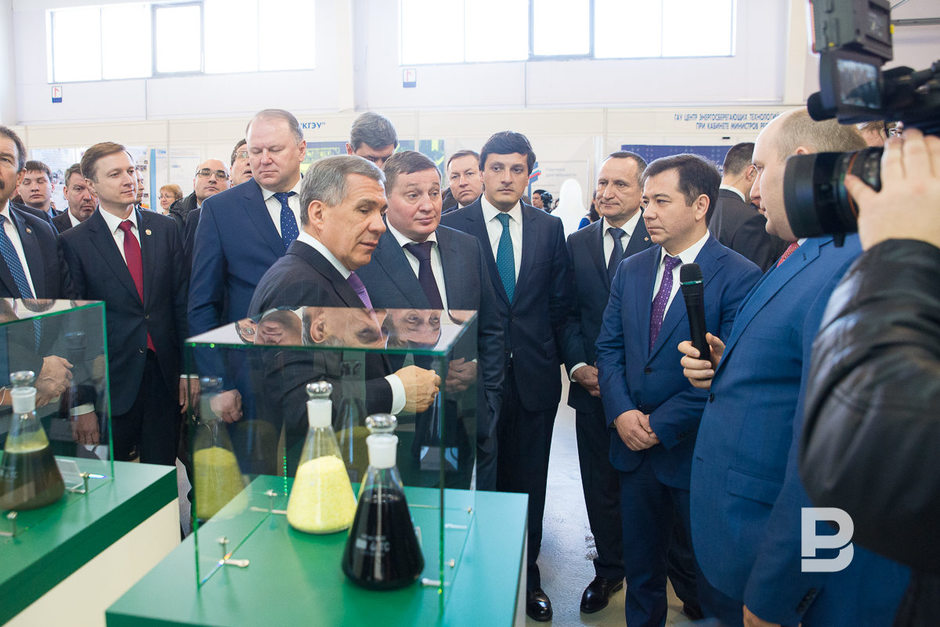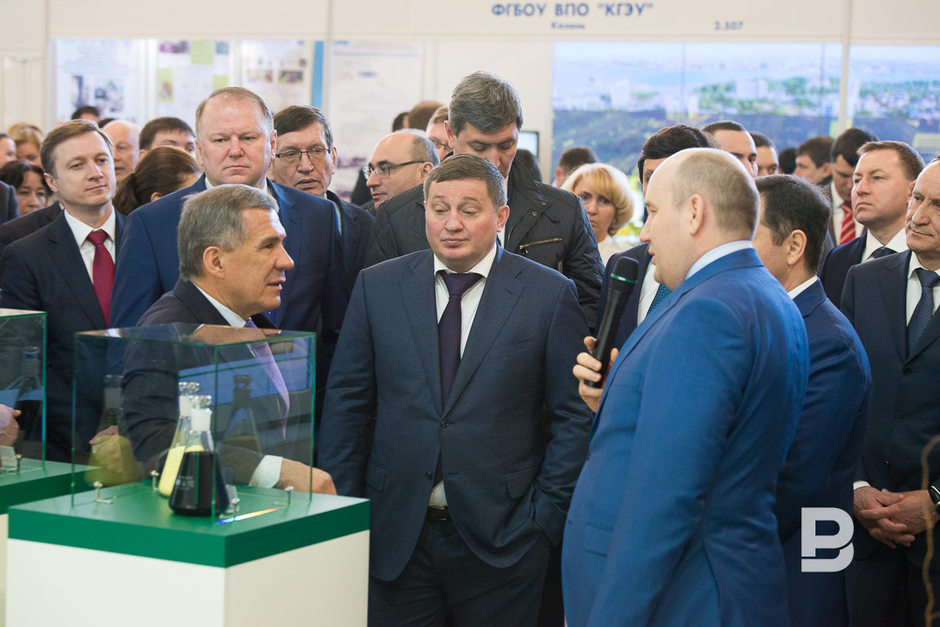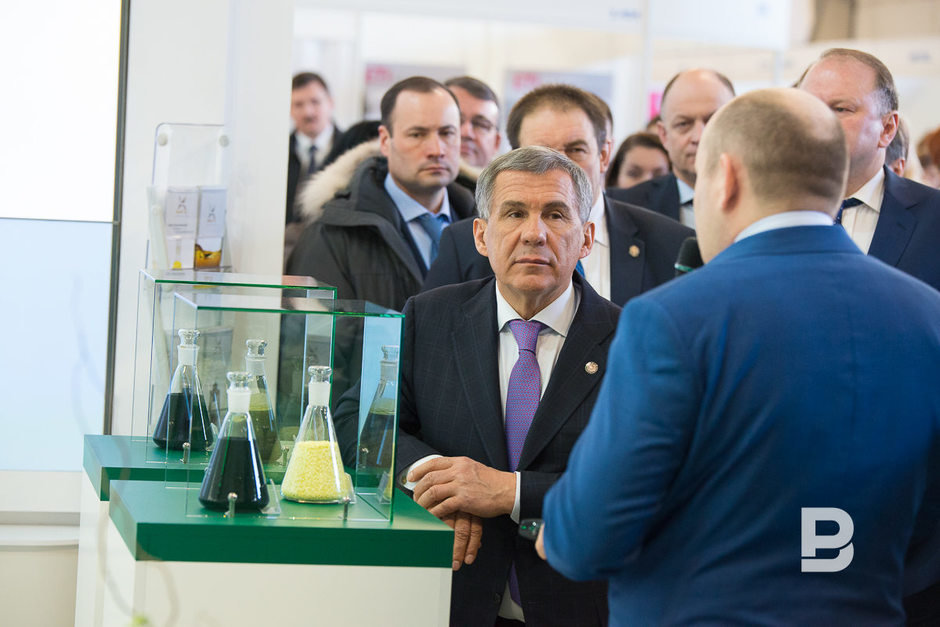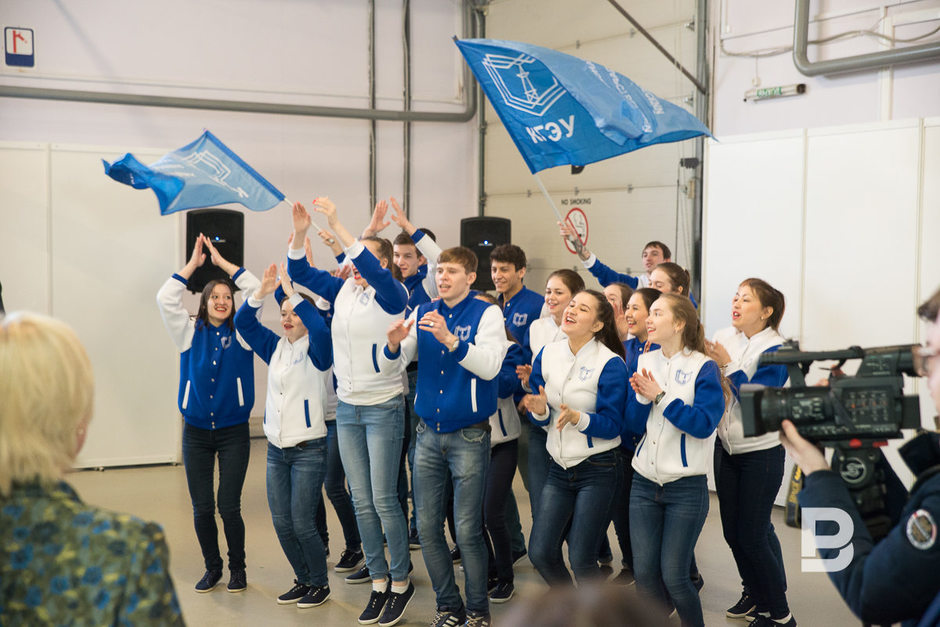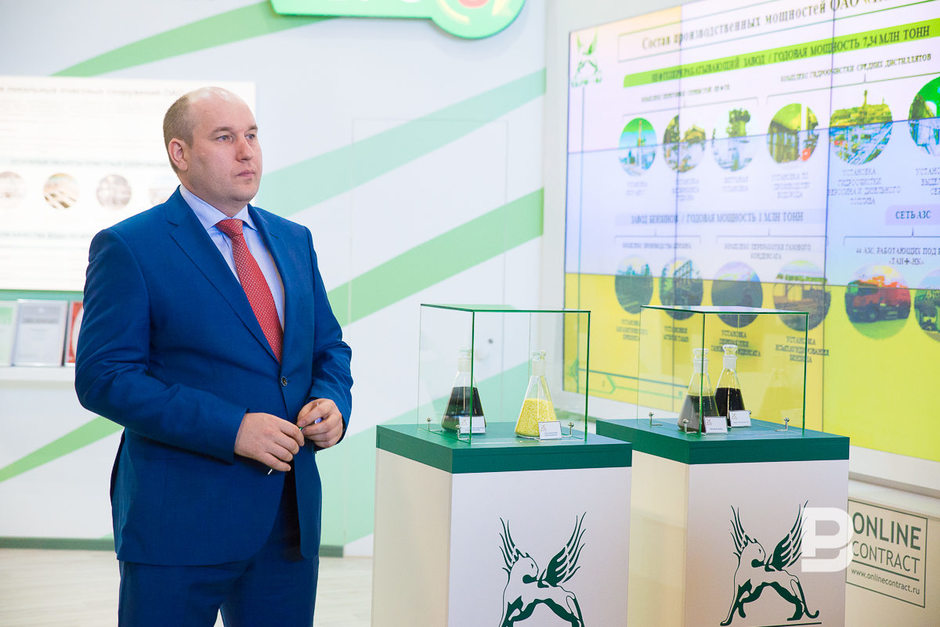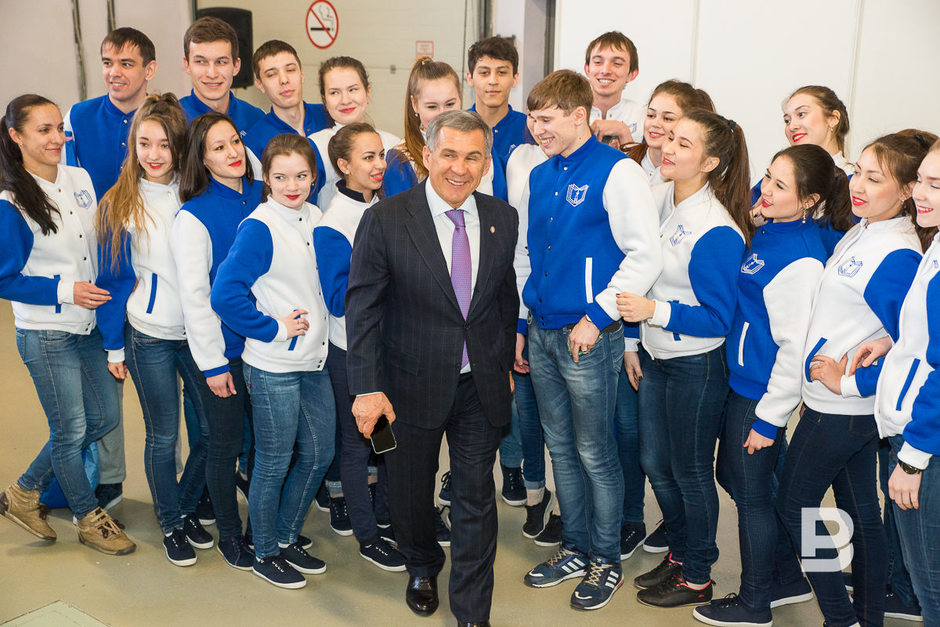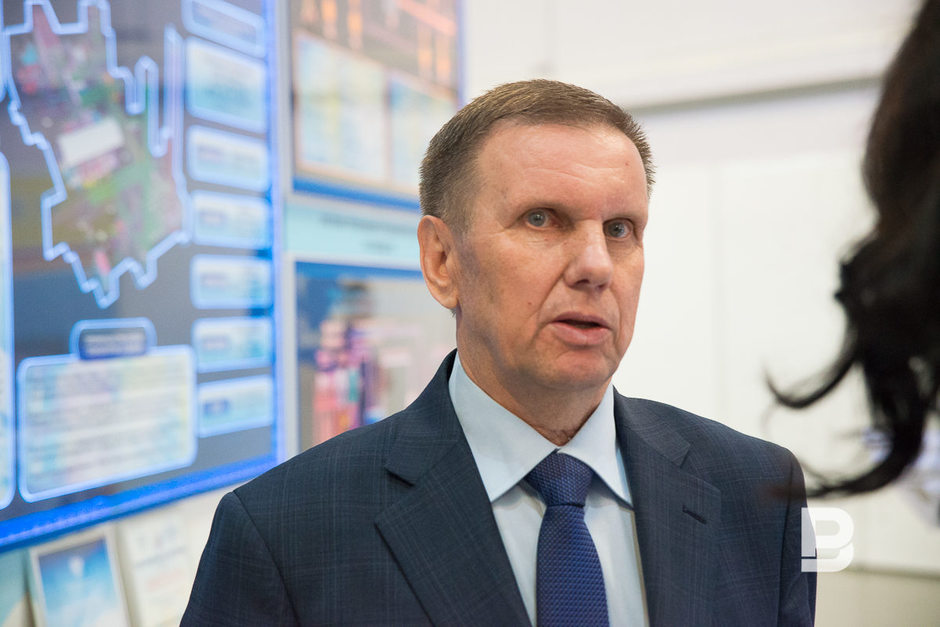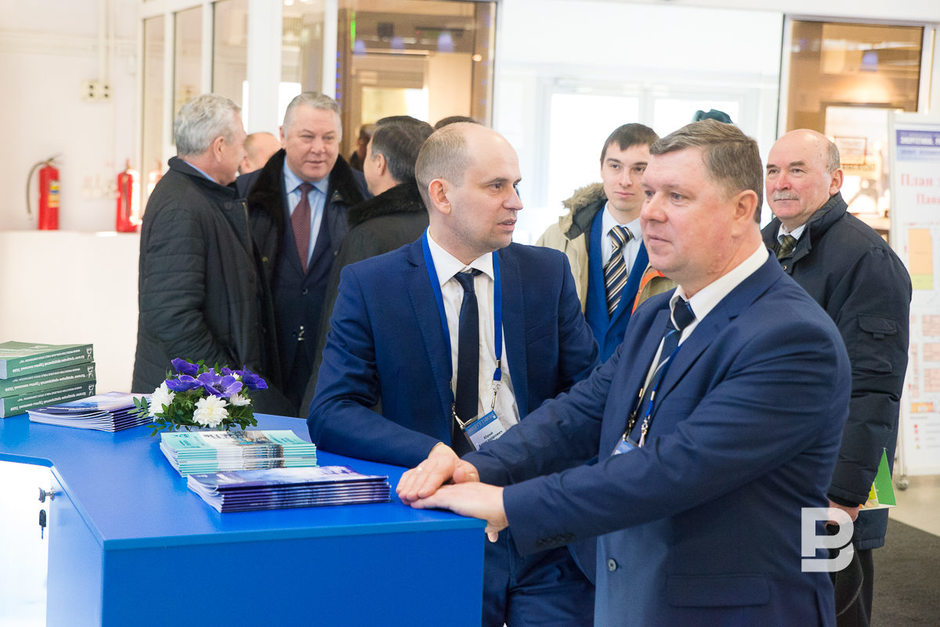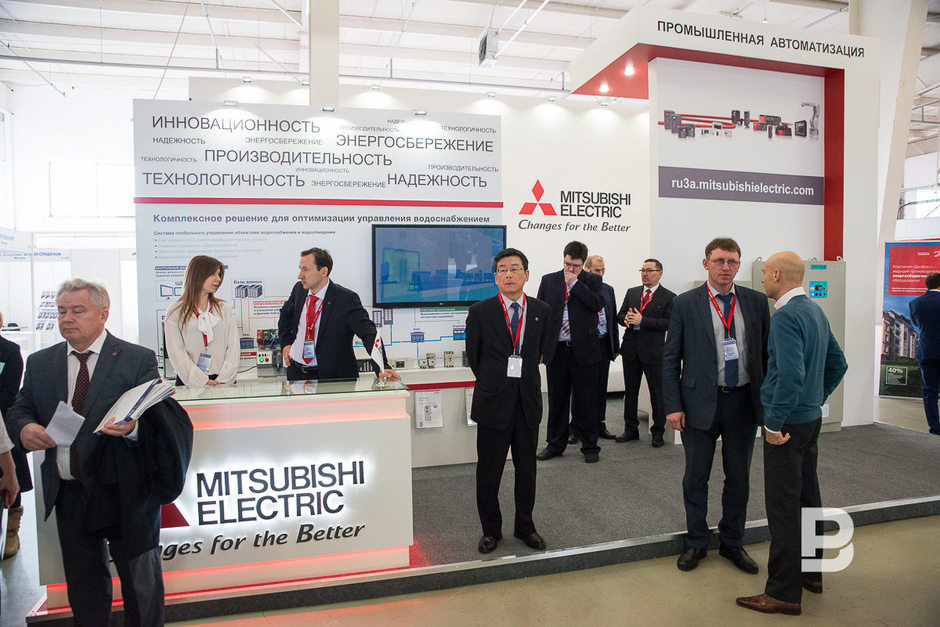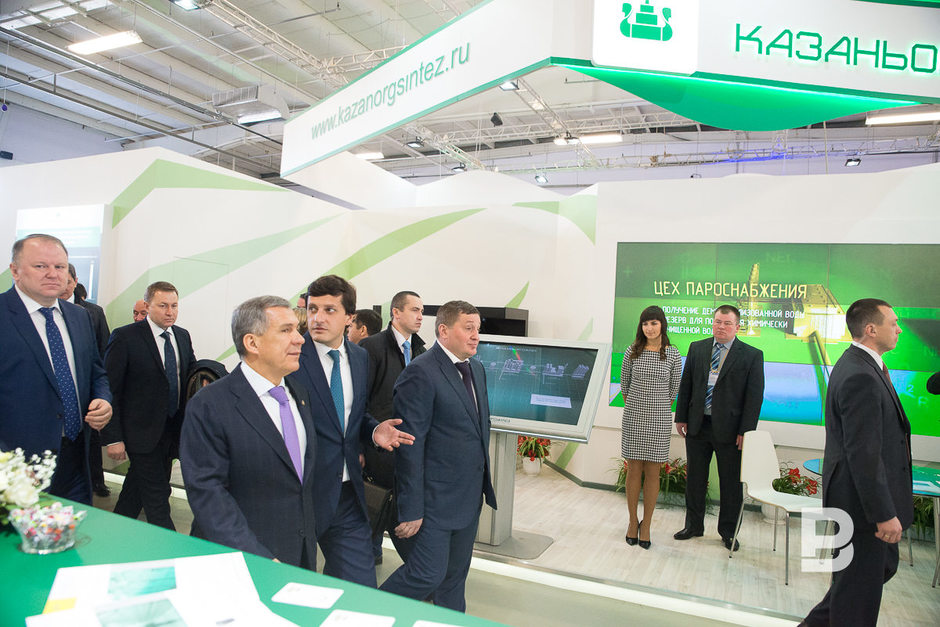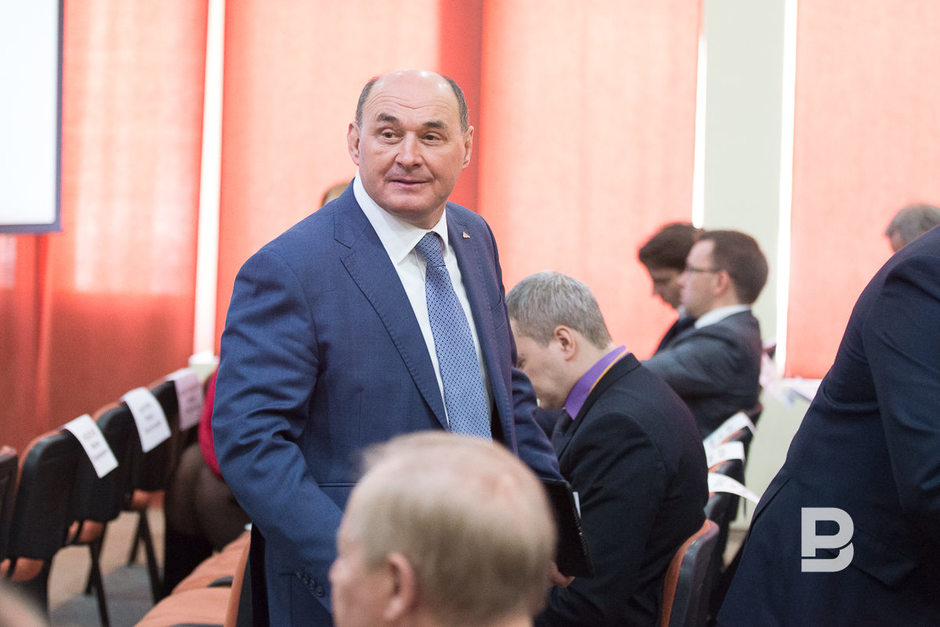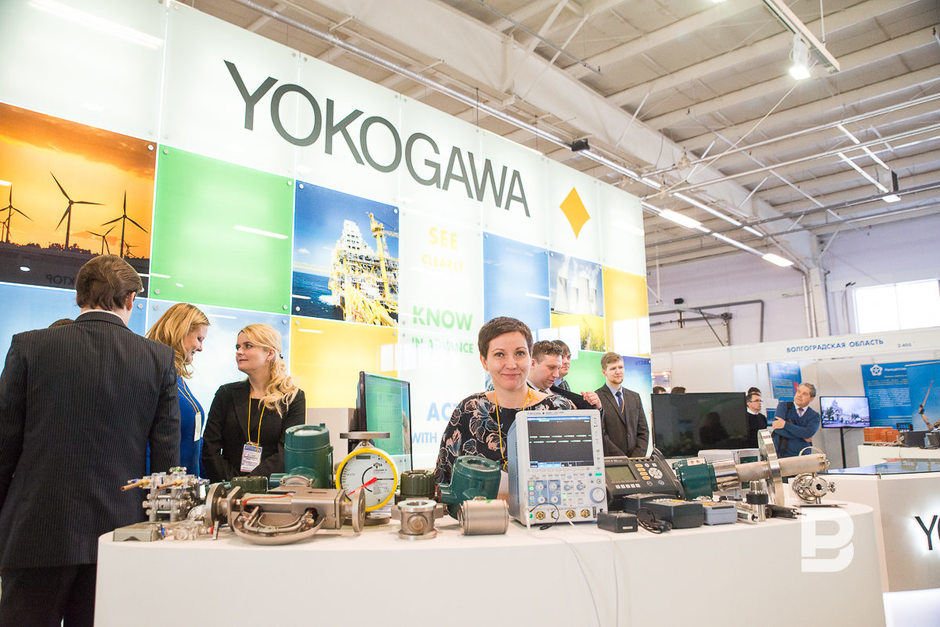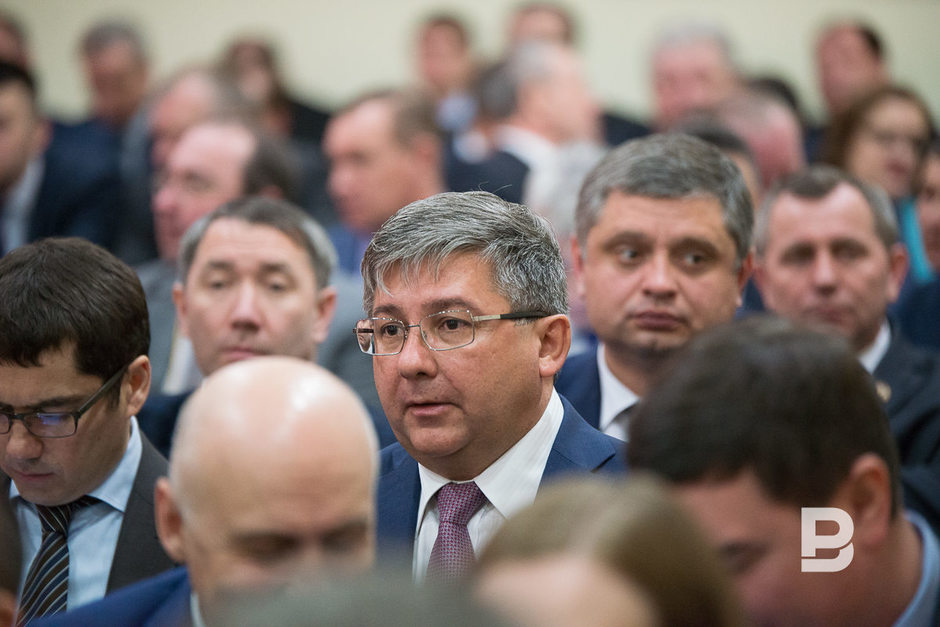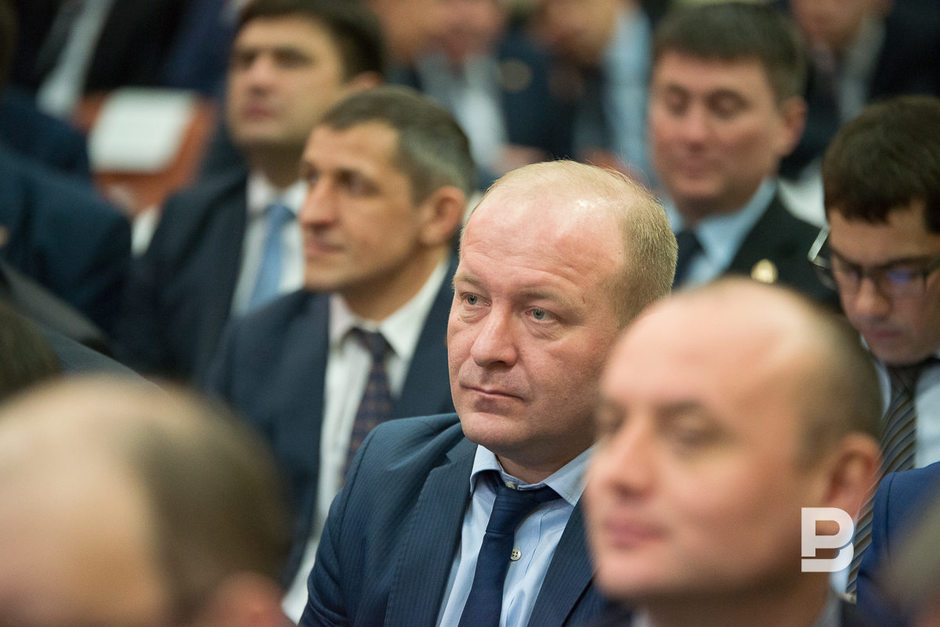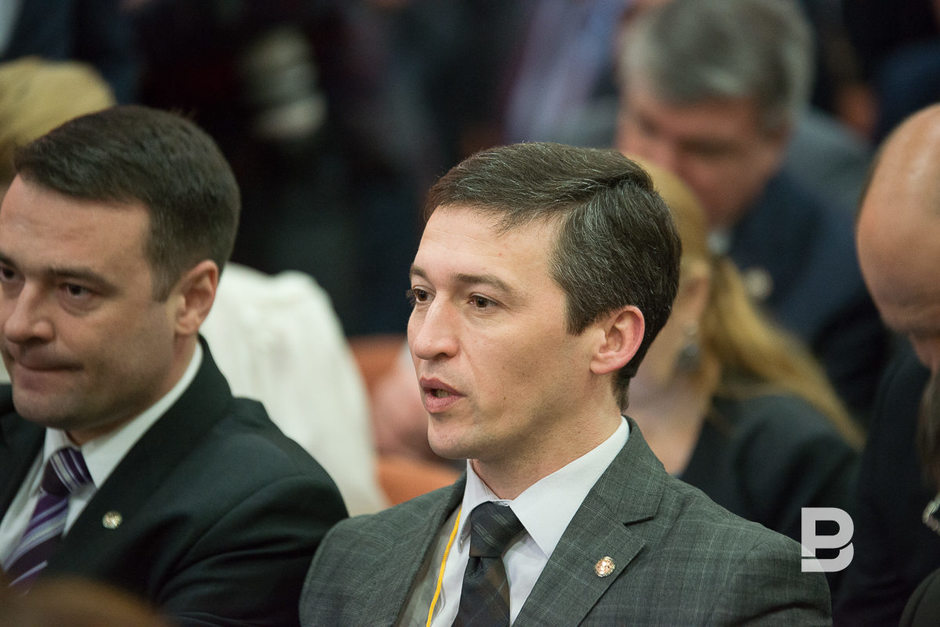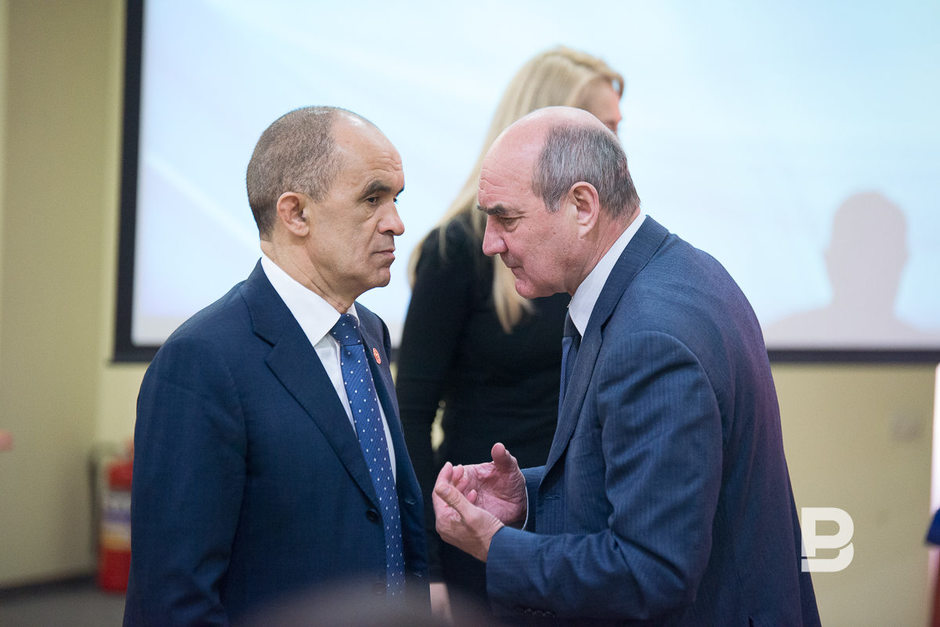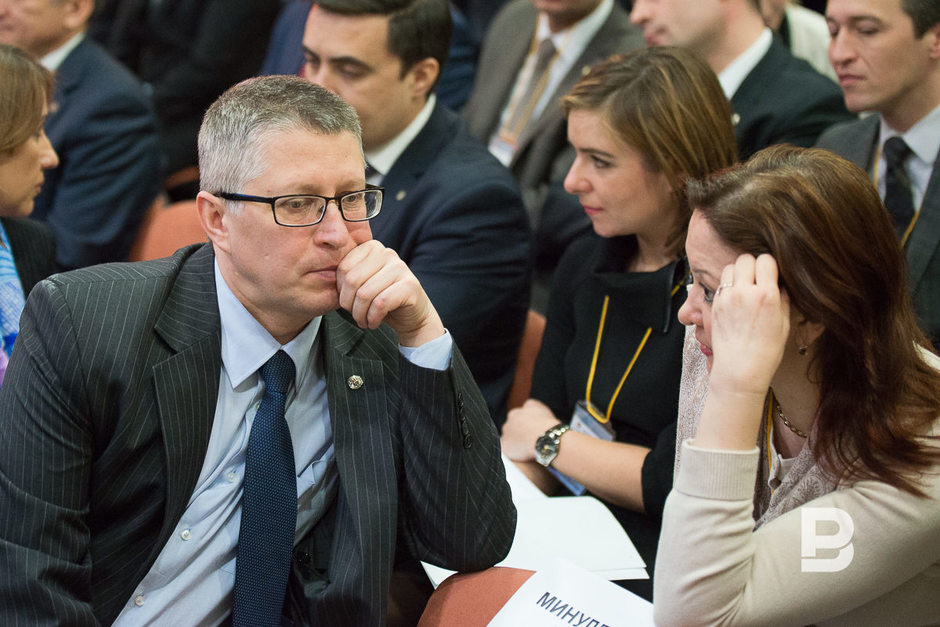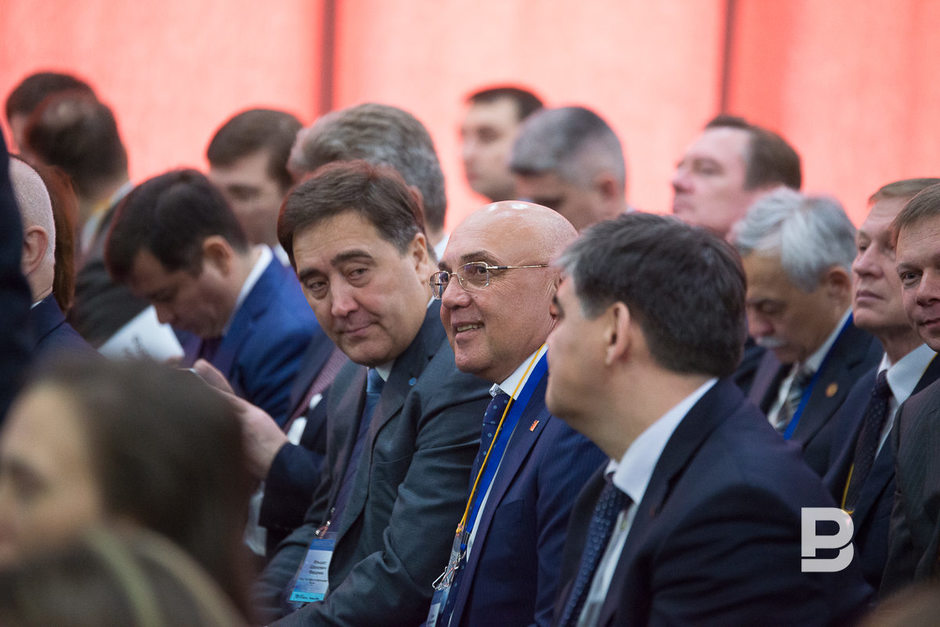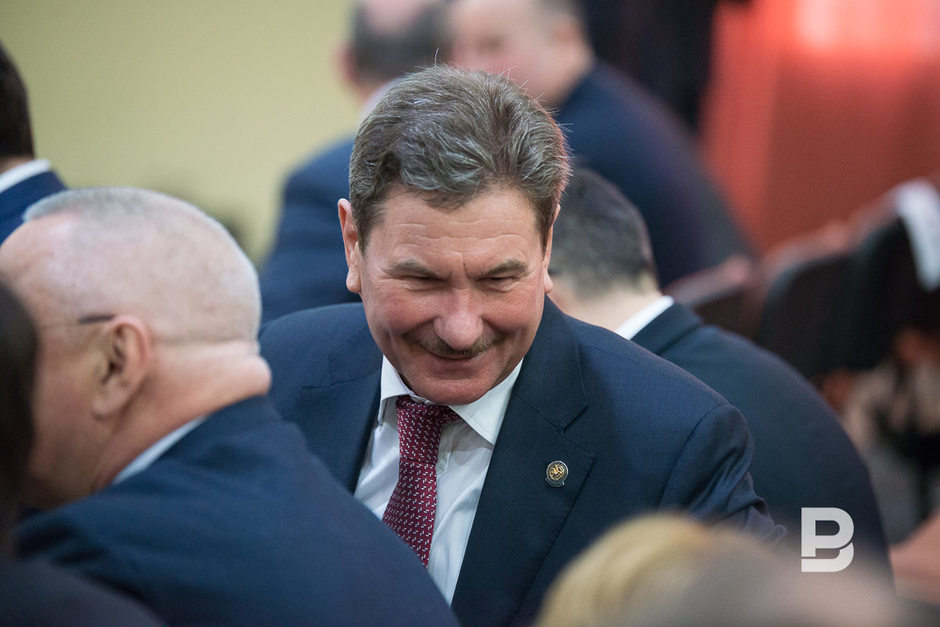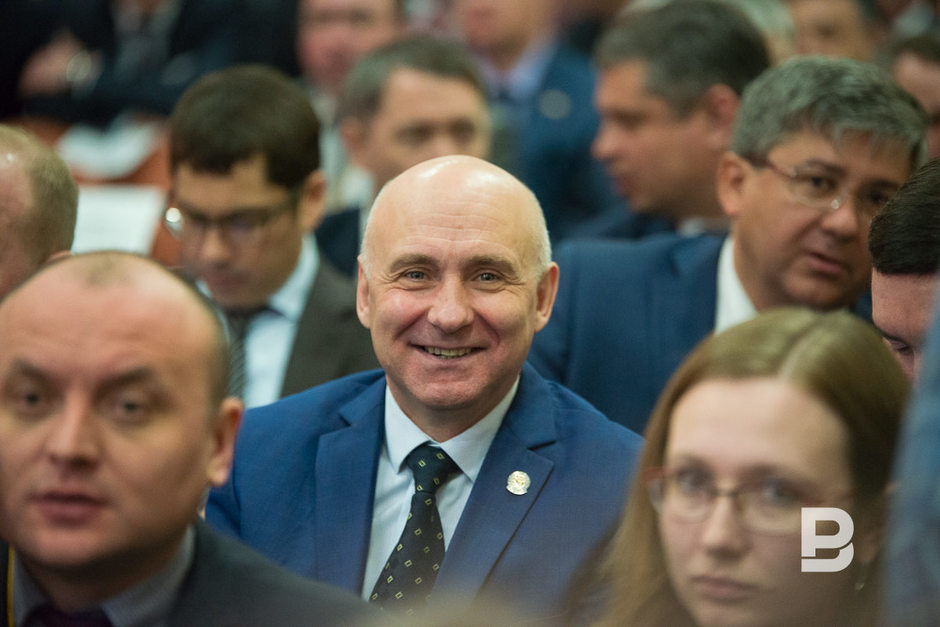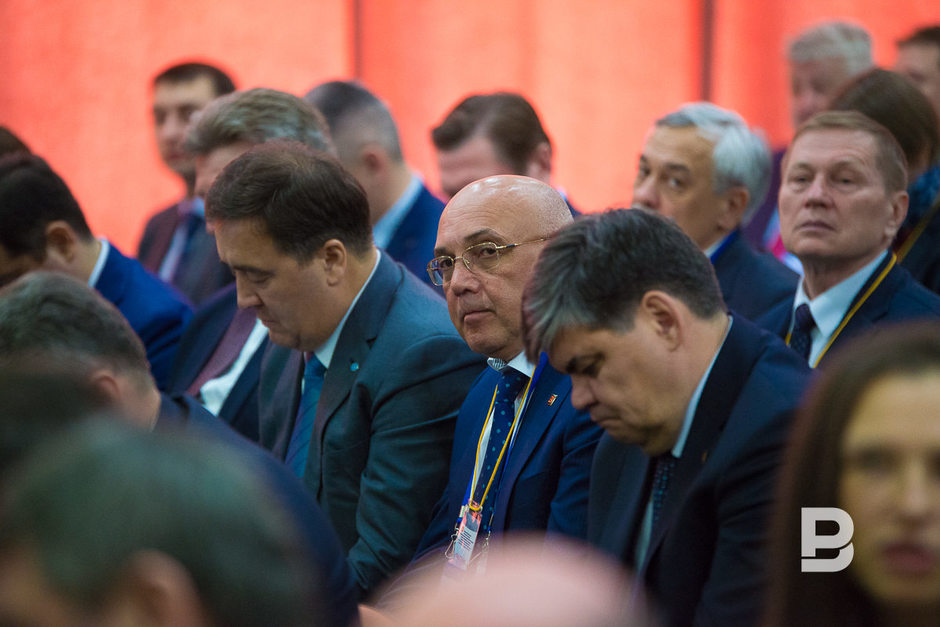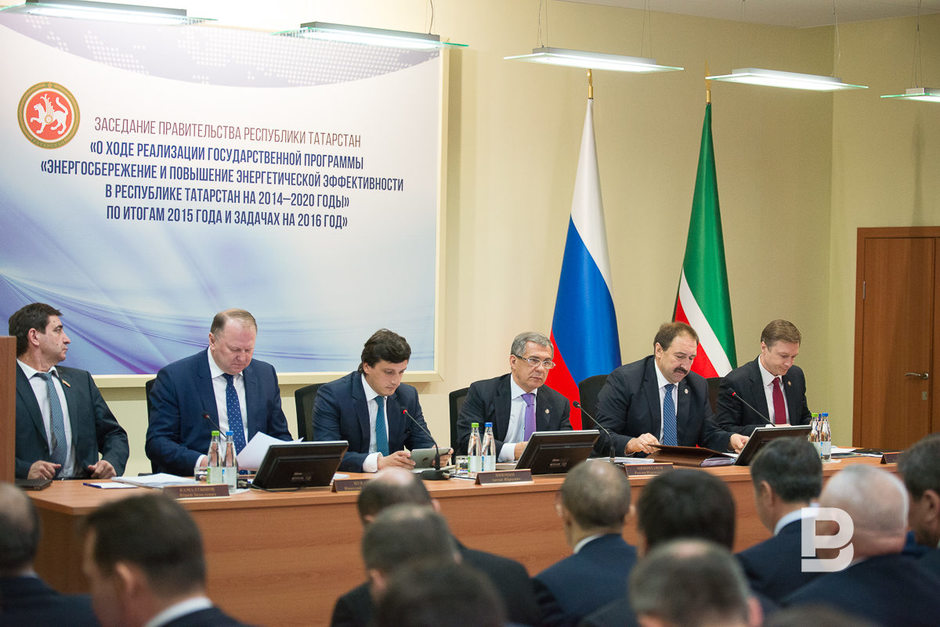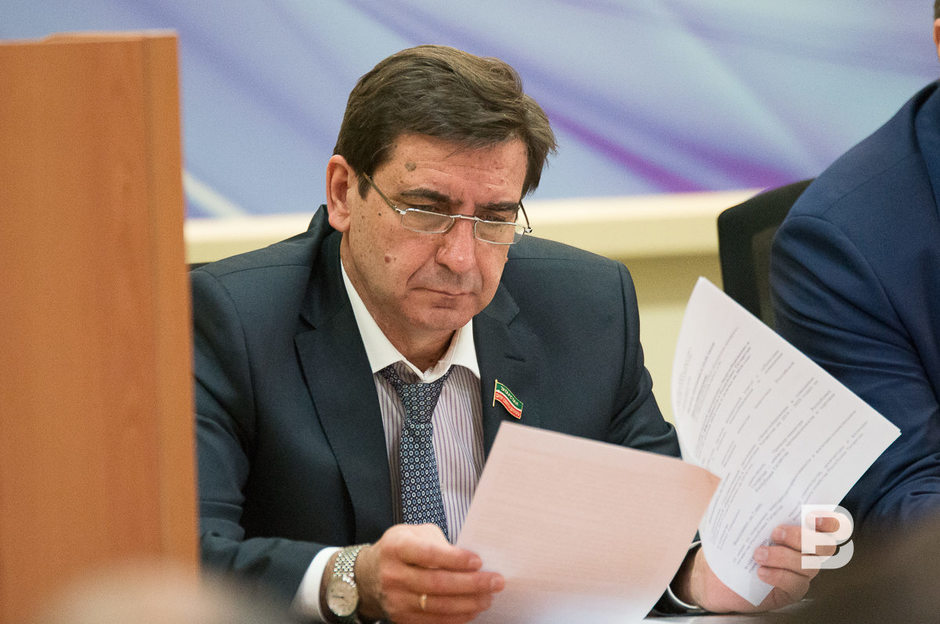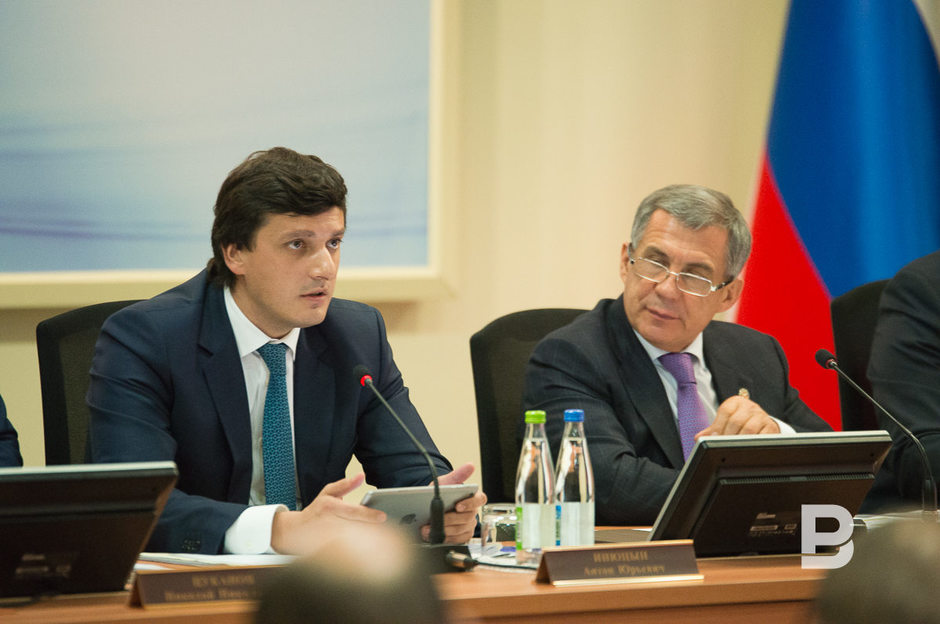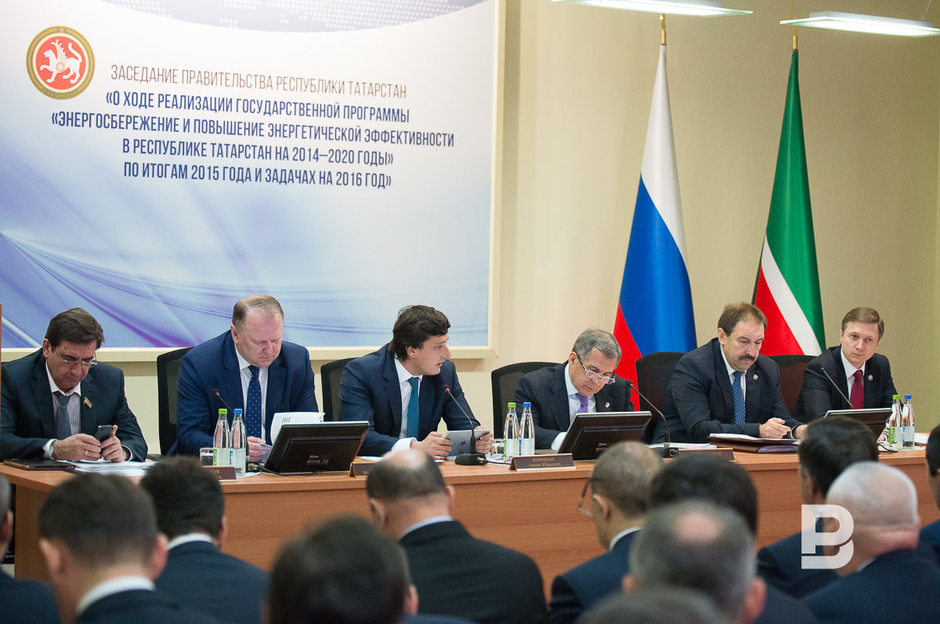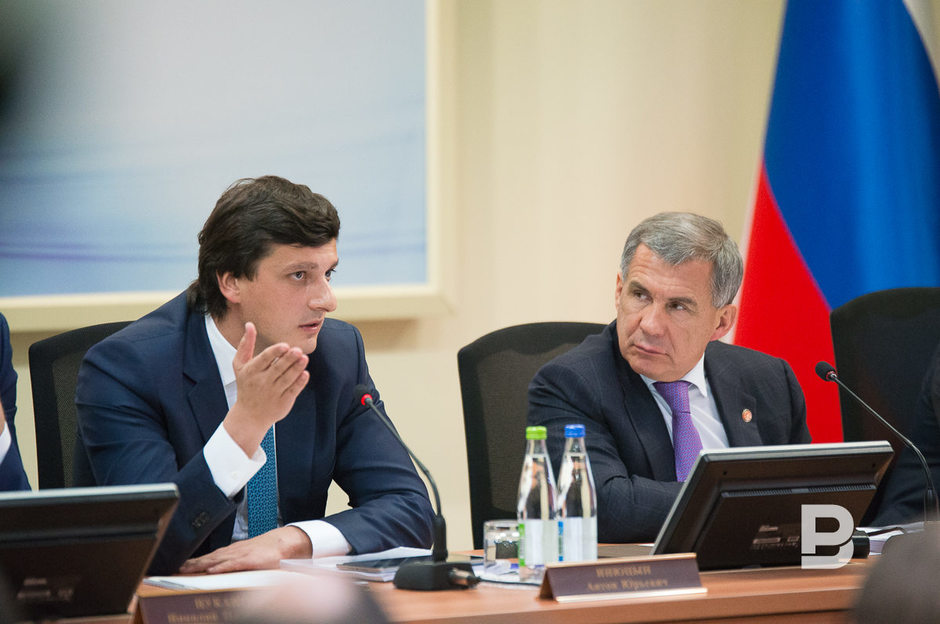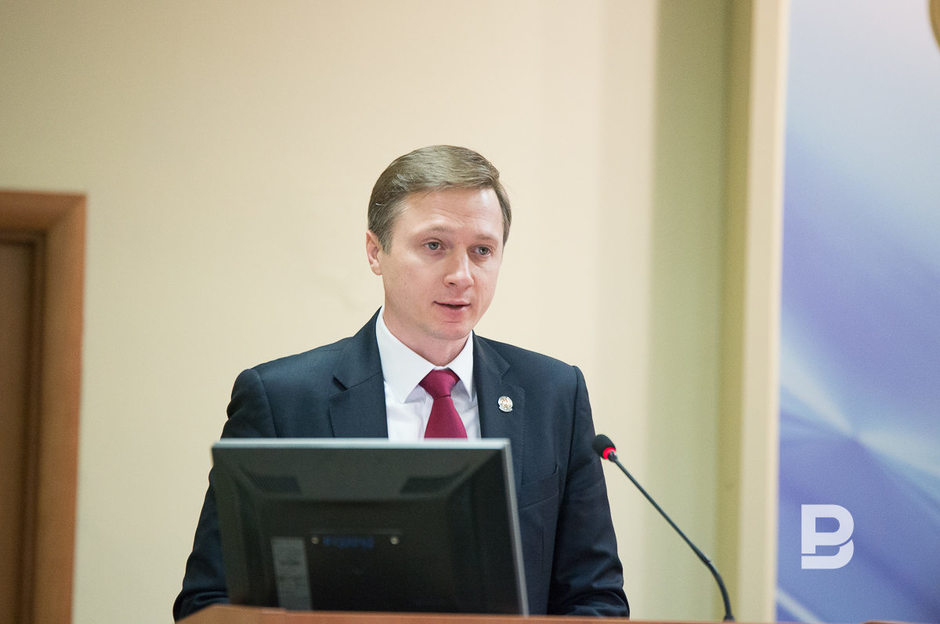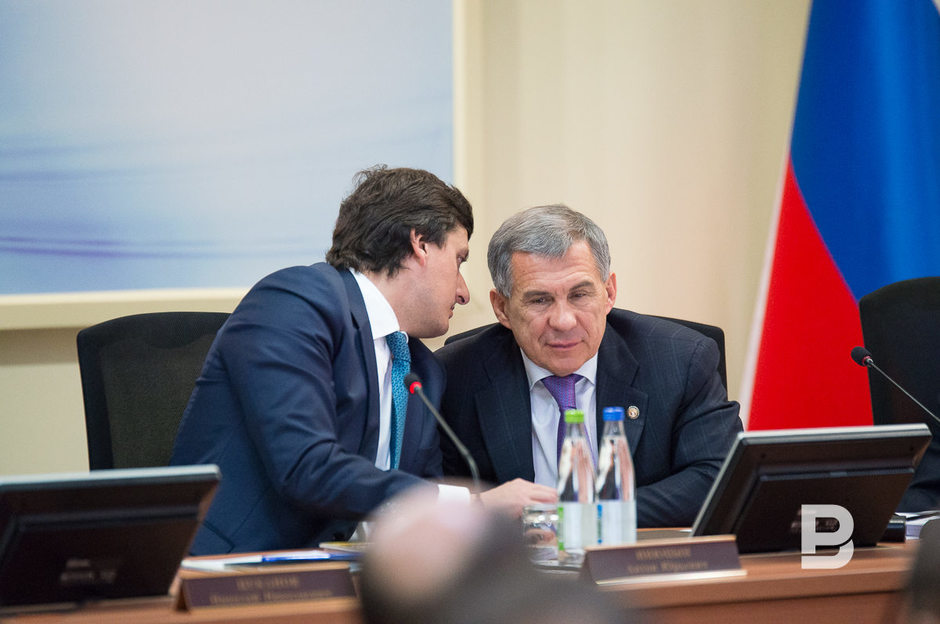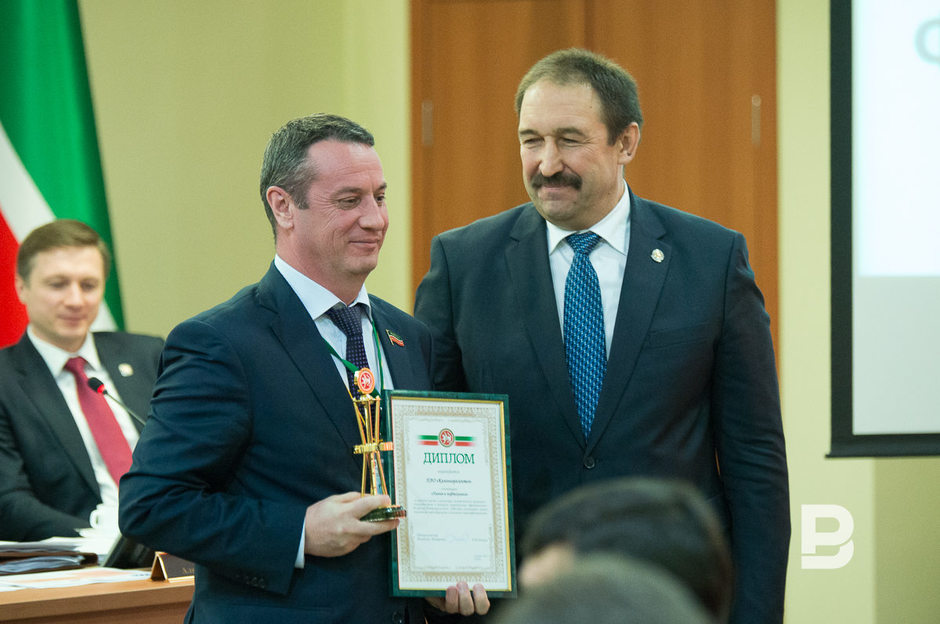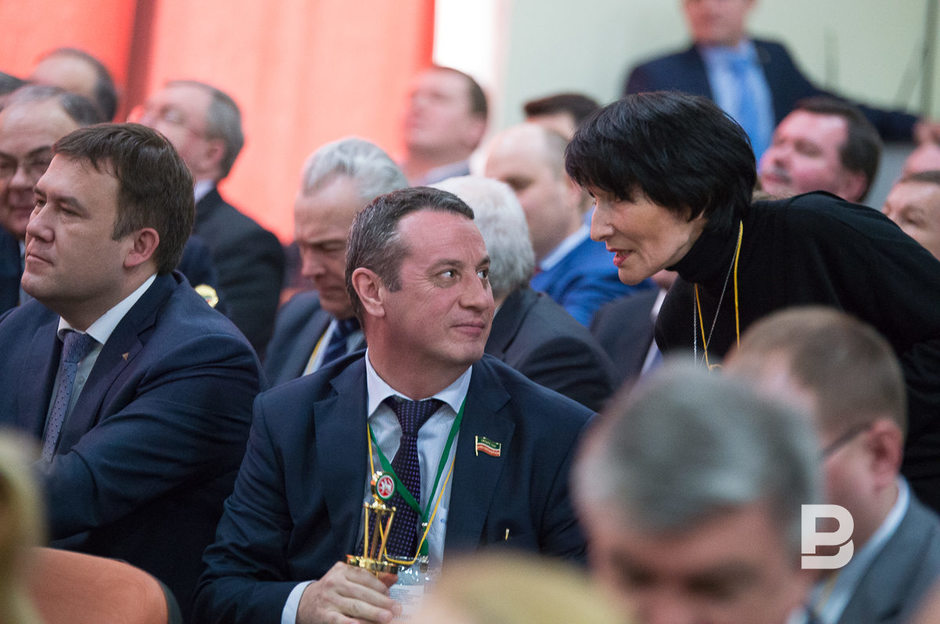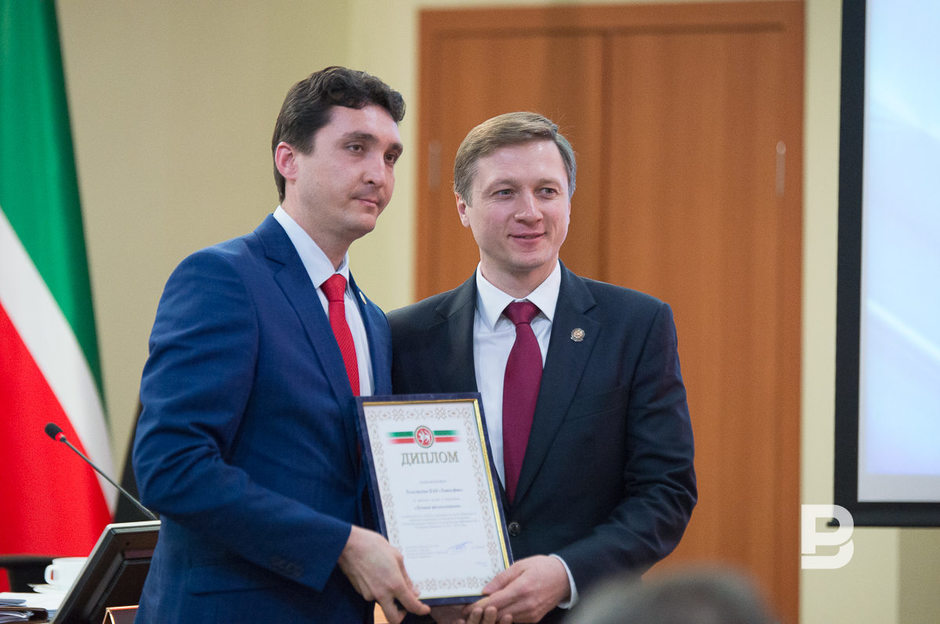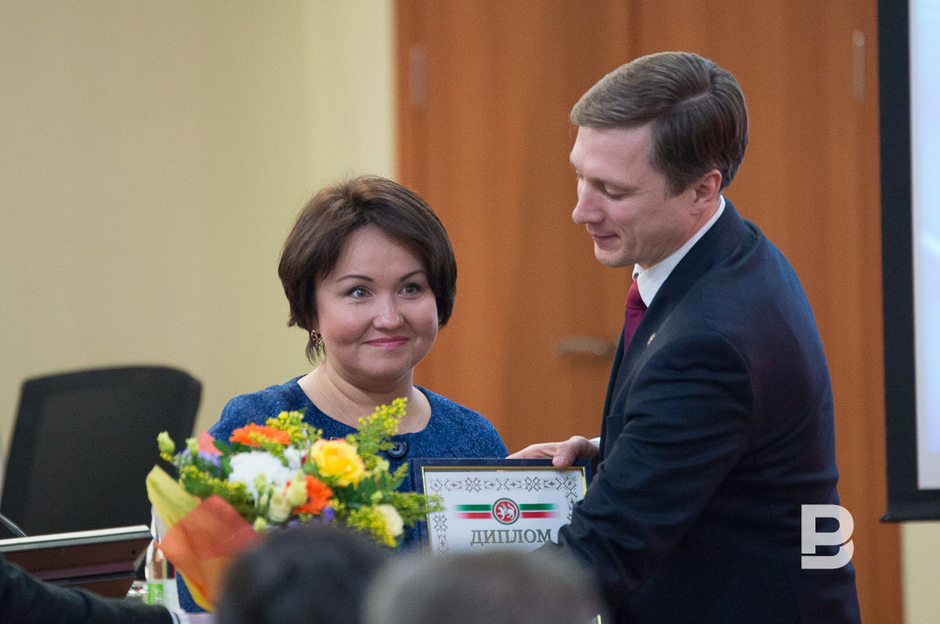Rustam Minnikhanov: ‘It is quite good to expend 3 kopeks and earn 3 rubles’
Tatarstan is one of the leaders among the regions of Russia in energy saving but falls far behind the European indicators
17th international specialized exhibition Energy. Resource Saving opened on 15 March in Kazan, which demonstrated import substitution in the process of repair of wells, renewable energy sources, energy saving equipment allowing to compensate the payments for complete overhaul – a parade of achievements in energy efficiency and resource saving. 133 companies, enterprises and scientific research organizations from Russia, Belarus, Kazakhstan, Kyrgyzstan, representatives of companies from Germany, Slovenia, USA, Switzerland and Japan took part in the event. A correspondent of Realnoe Vremya visited the exhibition too.
No to archaic lamps!
Taking into account the international status of the participants of the exhibition, the President of the Republic of Tatarstan Rustam Minnikhanov greeted all people in three languages – Russian, Tatar and English. The delegation of the state bodies was big: the Deputy Minister of Energy of Russia Anton Inyutsin, the governor of Volgograd Oblast Andrey Bocharov, the governor of Kaliningrad Oblast Nikolai Tsukanov.
Before the sitting of the government, the President of Tatarstan accompanied by the guests-governors and the Deputy Minister of Economy of Russia looked at the exhibits of energy saving technologies in two pavilions of Kazan Fair. All people stood for a long time next to the stand of Tatneft. The governors of Volgograd and Kaliningrad Oblasts also showed their interest in the technologies of additional petroleum extraction by means of methods of the increase of oil recovery or import substitution when wells are repaired. Setevaya Companiya presented its innovations in electricity mains, which help to restore power during an hourcaused by a short circuit. The whole group of German entrepreneurs showed a brief presentation of their technologies of renewable energy and energy saving equipment.
The President of Tatarstan carefully listened to the story about energy saving measures of Nizhnekamskneftekhim, which helped the company to economize the raw material at 2bn rubles in 2015. And when he was presented a project of Kazanorgsintez on optimization of polycarbonate production process, he was surprised by the term of the payback – only 6 months.
The conclusions of the work, which is being done in Russia and Tatarstan on energy saving and boost of energy efficiency, were drawn later during the sitting of the government of Tatarstan.
Anton Inyutsin started his speech with a task set within the scope of the state energy saving policy.
In Russia, it was planned to reduce GDP energy intensity in relation to the 2007 by 40% by 2020. But, according to the estimations of experts, in 2015, the reduction of energy intensity decreased by 8,1-8,2% though this indicator was to be dropped by 20%. Undoubtedly, it all conditioned by the immediate economic situation in the country. In these conditions, the Ministry of Energy intensifies its work on the increase of energy efficiency. Then the Deputy Ministry of Energy of Russian named some of the events of the establishment.
The Ministry of Energy implements heightened requirements for materials and technologies used in state bodies. For instance, state establishments won't be able to buy archaic and energy-inefficient sources of light from 1 July. Analogous requirements are introduced in the very regions. Now 16% of regions, including Tatarstan, implemented their requirements on energy efficiency in construction and complete overhaul.
New standards and indicators are introduced to monitor energy efficiency of urban engineering. A reform of obligatory energy examinations is at the final stage. We are speaking about a substitution of energy examination with energy declaration in the budget sector. According to 261-Federal Law 'About energy saving', a budget organization, which consumes less than 50m per year, may annually present energy declaration to Energy Efficiency State Information System instead of the execution of the obligatory energy examination. The preparation of the energy declaration doesn't require any spending of public money. This is why energy declaration increased fivefold within a year than four-year energy examinations. Tatarstan also was a leader here: 98% of establishments of the republic presented such declarations last year. The direct economy of public money from the transfer to free declarations is estimated at 3bn rubles.
The Deputy Minister of Energy of Russia mentioned many times that Tatarstan takes leading positions among the regions of Russia concerning energy efficiency and proved it. For instance, the indicators on energy efficiency are included in 37% of sectoral state programmes of the regions. Tatarstan's indicator makes up 100%.
The share of the buildings of the budget sphere, which have a D (normal) energy efficiency class and higher, in Russia, is 15%, while in Tatarstan it is 20%.
'The share of the buildings with central heating equipped with Individual Heating Units and automatic weather regulation is 3 times higher than the average Russian indicator and reached 18,6%. It means that Tatarstan is working on energy efficient technologies as a priority in the spheres where there is a maximal potential of energy saving,' Anton Inyutsin praised.'
Rustam Minnikhanov was surprised by the figures pronounced: according to his data, in Tatarstan, 45% of apartment blocks have Individual Heating Units. Anton Inyutsin specified that he was speaking about public establishments, but the President of Tatarstan continued saying that, 'We install them at schools and kindergartens. The percentage must be higher. It is necessary for us, not the statistic and reports'.
'Anyway I want to tell you that you are one of the leaders, your indicators exceed threefold the average Russian figures,' the Deputy Minister of Economy of Russia calmed the head of the republic down.
To catch up with Europe
The Deputy PM, Minister of Industry and Trade of Tatarstan Albert Karimov told about not only the achievements of Tatarstan in energy saving but also its problems.
GRP energy intensity has reduced by 23,3% since 2007, but the decrease of the indicator made up only 3% by 2014. And the task of 2020 is to provide the reduction of energy intensity of the economy by 16,8% more.
Tatarstan falls far behind the developed countries and Europe in relation to energy intensity of the economy. The regional indicator is 28,35 toe/million rubles, and the Great Britain's indicator is 8,96 toe/million rubles, and German has 11,20. So, there is a big unrealized potential of energy saving.
At the same time, the Republic of Tatarstan is among the leaders in Volga Federal District concerning its GRP energy intensity.
Such results have been achieved by means of the implementation of energy efficient technologies and systems of energy management, realization of investment programmes on production modernization in industry, fuel and energy complex and other sectors of the economy. A number of important projects were carried out in Nizhnekamskneftekhim, Kazanorgsintez, Nefis Cosmetics, Ammonia, TAIF-NK, TANECO, Kazan CHP-2 Generating Company as well as the projects of Chelny Broiler, Kama Bacon, Avangard, Maysky greenhouse complex and others in the agricultural sector.
According to the results in 2015, the indicator of energy intensity in the industry was reduced by 4,5% by 2014 (by 24,9% by 2007). There was a 7,6% reduction of energy intensity in agriculture by 2014. A slump in energy intensity of production in the main industrial sectors in 2015 is observed in all sectors, exclusive of light industry and wood industry.
Karimov noted that the work of Kazanorgsintez, KVART and Nizhnekamsk was the most effective among the enterprises of the sector.
For instance, Nizhnekamskneftekhim implemented a system of efficient energy use management based on a standard of energy management. The system allows to monitor the consumption of all kinds of energy resources, manage the process of energy consumption and optimize the consumption of all kinds of resources to an optimal value for the technology of production.
In general, due to a systematic work of the enterprises of the energy complex of the republic, in 2015, specific fuel consumption for generation of energy reduced by 2,4% compared to the level in 2014, and the share of the energy losses in mains was 7,2%, while the standard is 8,05%.
Ministry of Culture is ahead
The head of the Ministry of Industry and Trade analyzed how the municipalities and ministries of the republic participate in the increase of energy efficient. Generally speaking, a decrease of consumption of all kinds of energy resources and water is observed in municipalities. And the equipment with metering devices and energy resources control points and water reaches 98% in some indicators.
Such results were achieved also due to the realization of regional programmes on complete overhaul of schools, construction and repair of health and cultural establishments, modernization of communal infrastructure of social buildings and system of street lighting.
As for the ministries of the republic, the best results in energy efficiency were demonstrated in 2015 by the Ministry of Culture of Tatarstan and the Ministry of Youth Affairs and Sport of Tatarstan.
Albert Karimov did not forget to lobby the interests of Tatarstan in the presence of the federal functionary. He reminded that the republic received about 1,66bn rubles for 4 years since 2011 within the scope of the federal programme on energy efficiency. But subsidization of regional energy saving programmes stopped since 2015. The Minister of Industry and Trade of Tatarstan made the Deputy Minister of Economy of Russia a request to consider a possibility to renew this programme.
The President of Tatarstan draw conclusions of the sitting. He noted that large companies of Tatarstan were seriously working on energy and resource saving. Tatneft, the enterprises of TAIF Group of Companies and energy enterprises are among them. As for the companies of middle level, there is no systematic work. Meanwhile, energy and resource saving is the foundation of the competitiveness of Tatarstan. It refers to urban engineering, agriculture and industry. We always should understand how much energy is released by burning one kilogramme of a product in European countries and here,' Rustam Minnikhanov set a task.
But the situation is not in the republic's favour. But it can be said using the example of Maysky greenhouse complex that we achieved results at all world levels. This problem cannot be solved without science, elaborations and partners. 'Yes, now we look worse than European countries and spend two times more energy. But we should choose such technologies and equipment that would give us the maximal effect,' the head of the republic is convinced.
The President of Tatarstan also made an attempt to get the federal subsidization for the republic. Speaking of the federal energy efficiency program, he noted that, 'it is quite good to expend 3 kopeks and earn 3 rubles. It was a very effective and stimulating programme. We added our funds too. So, now we have neither your resources nor ours. It is necessary to persuade the federal government to renew the programme'.

